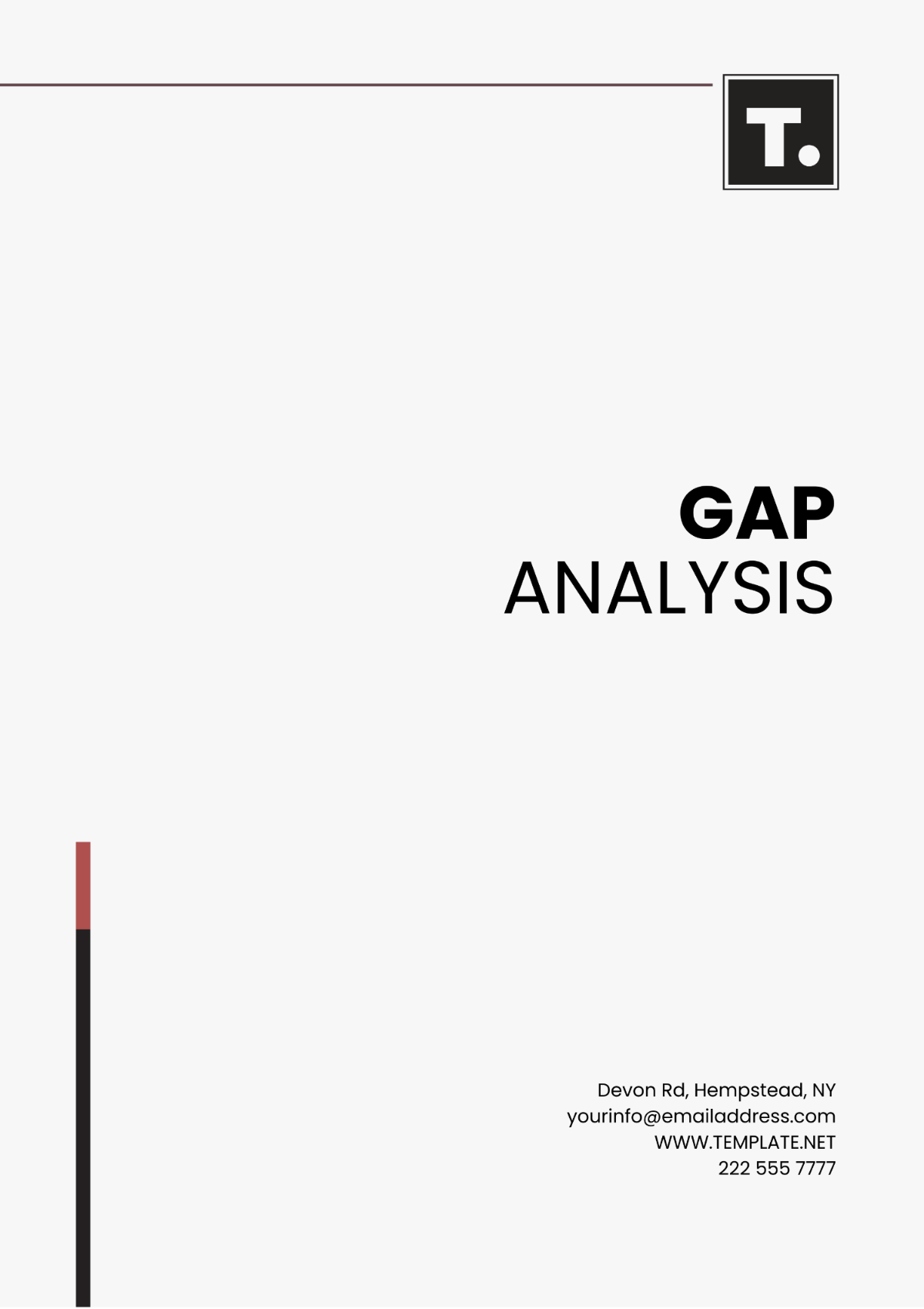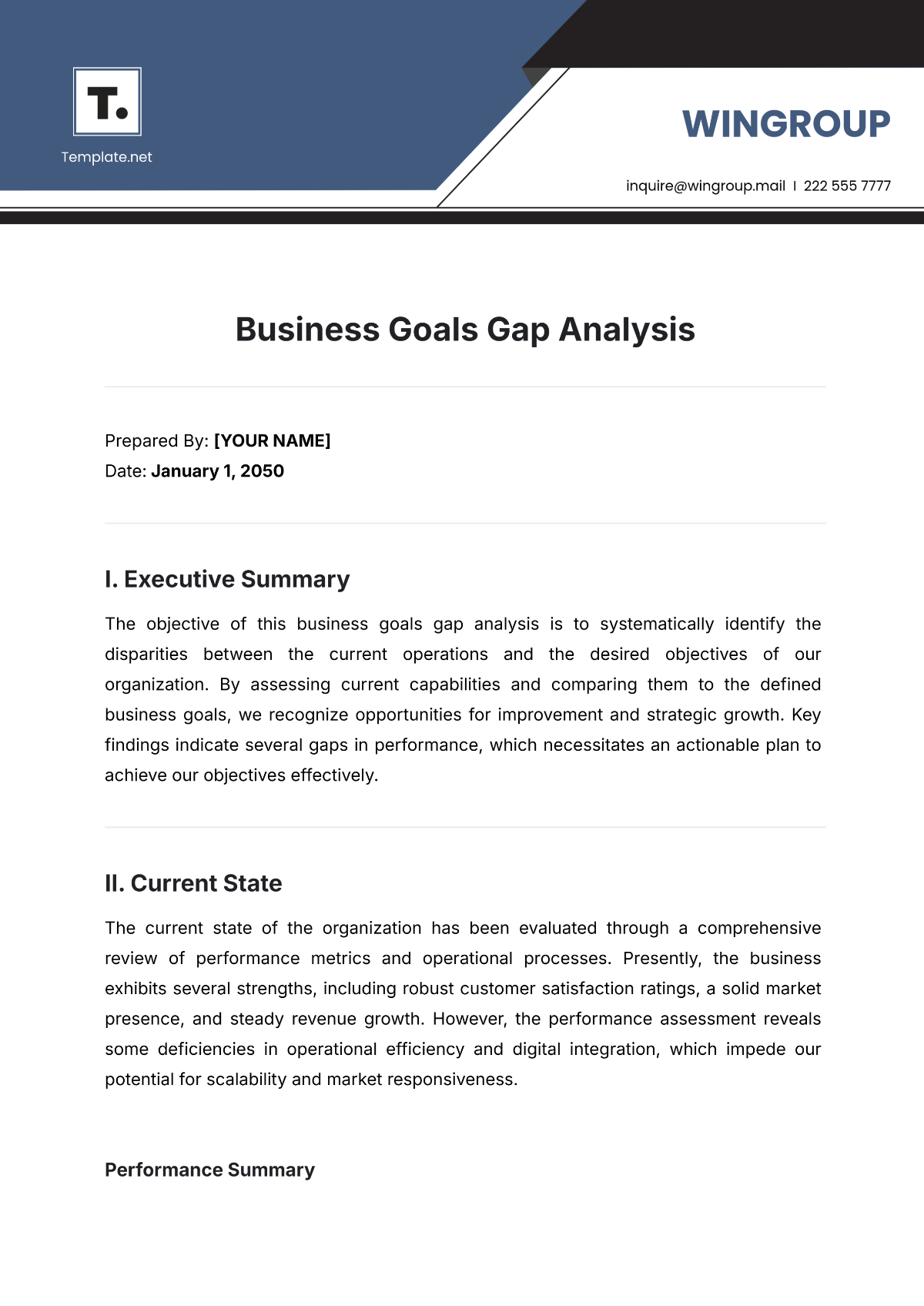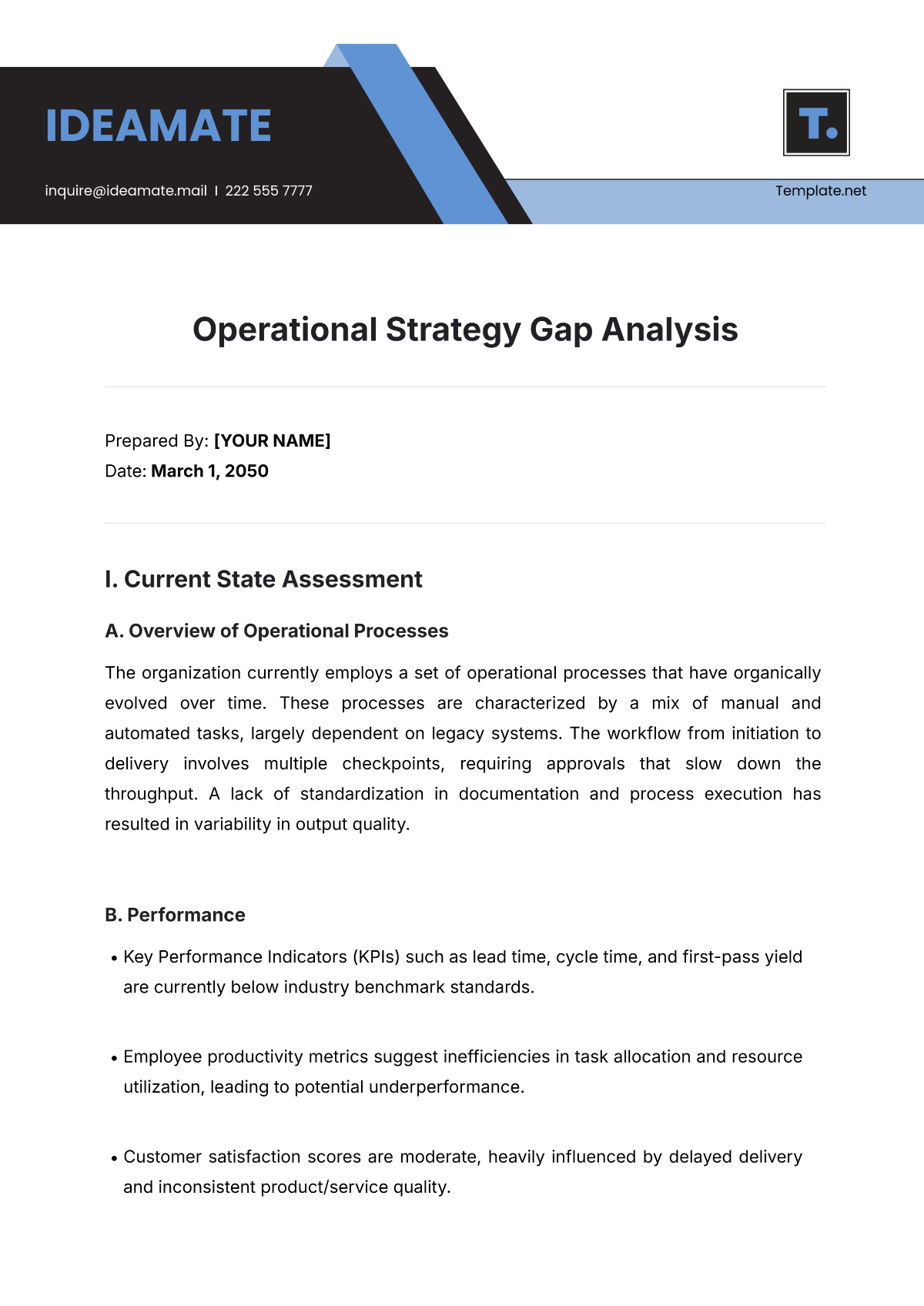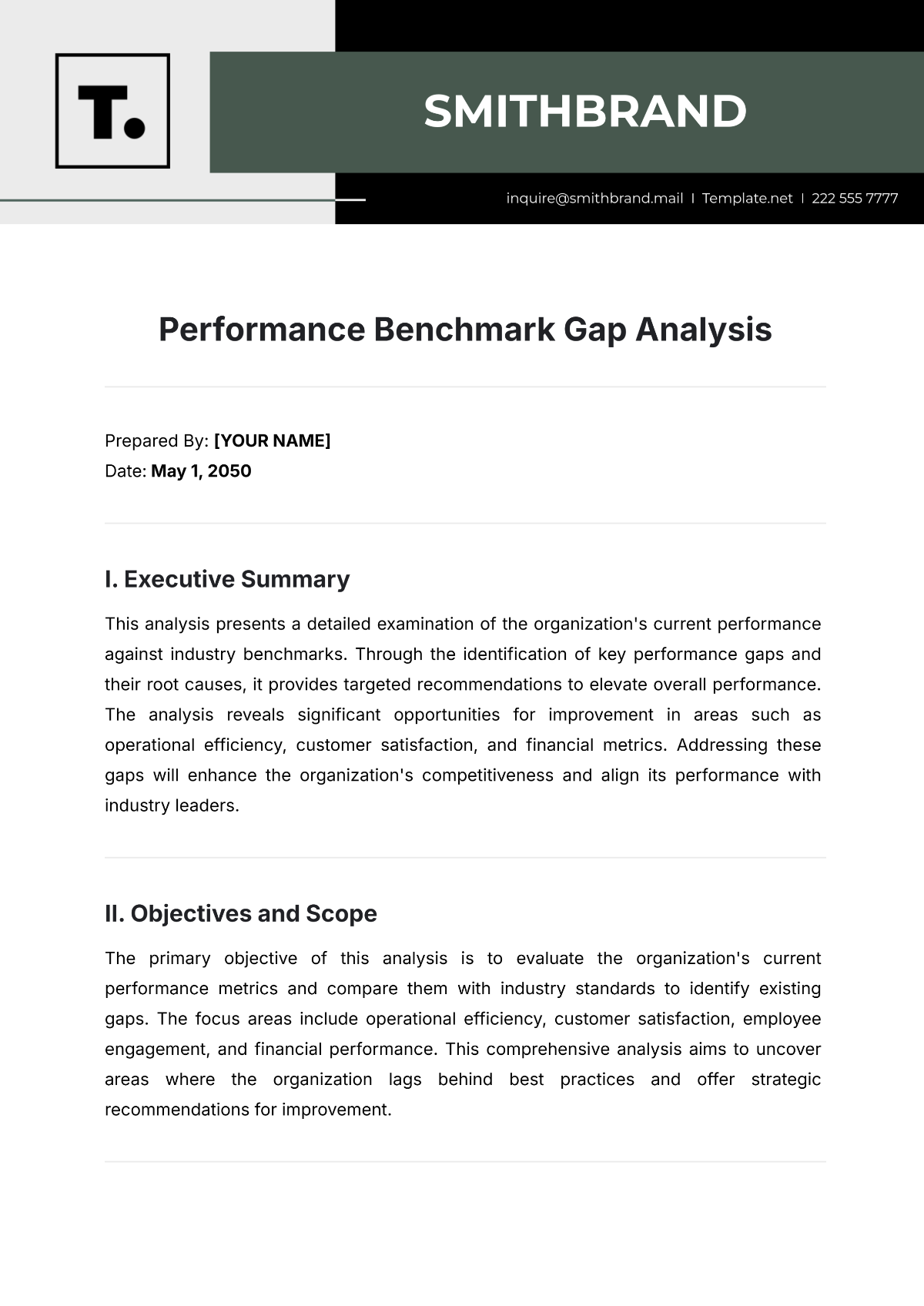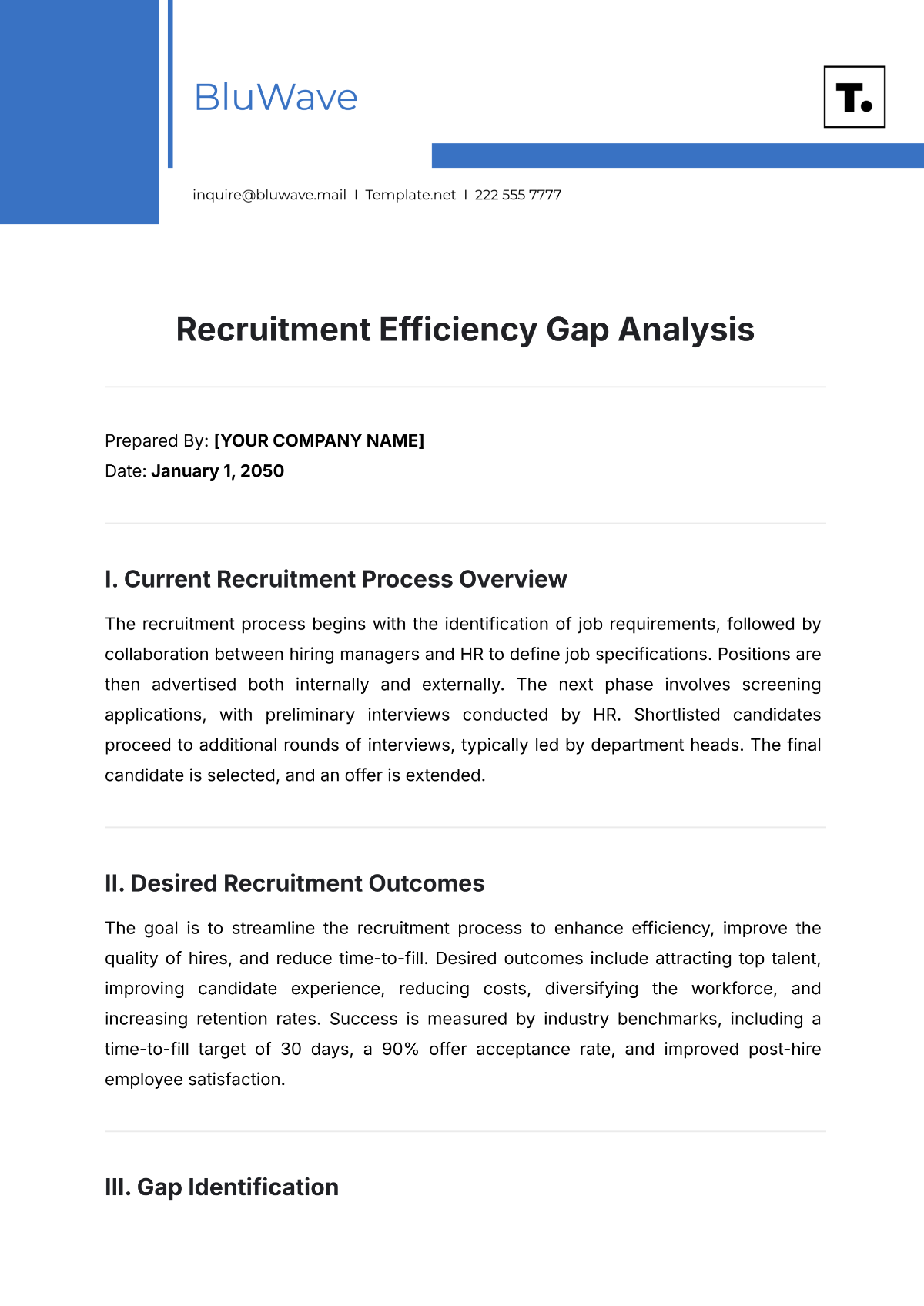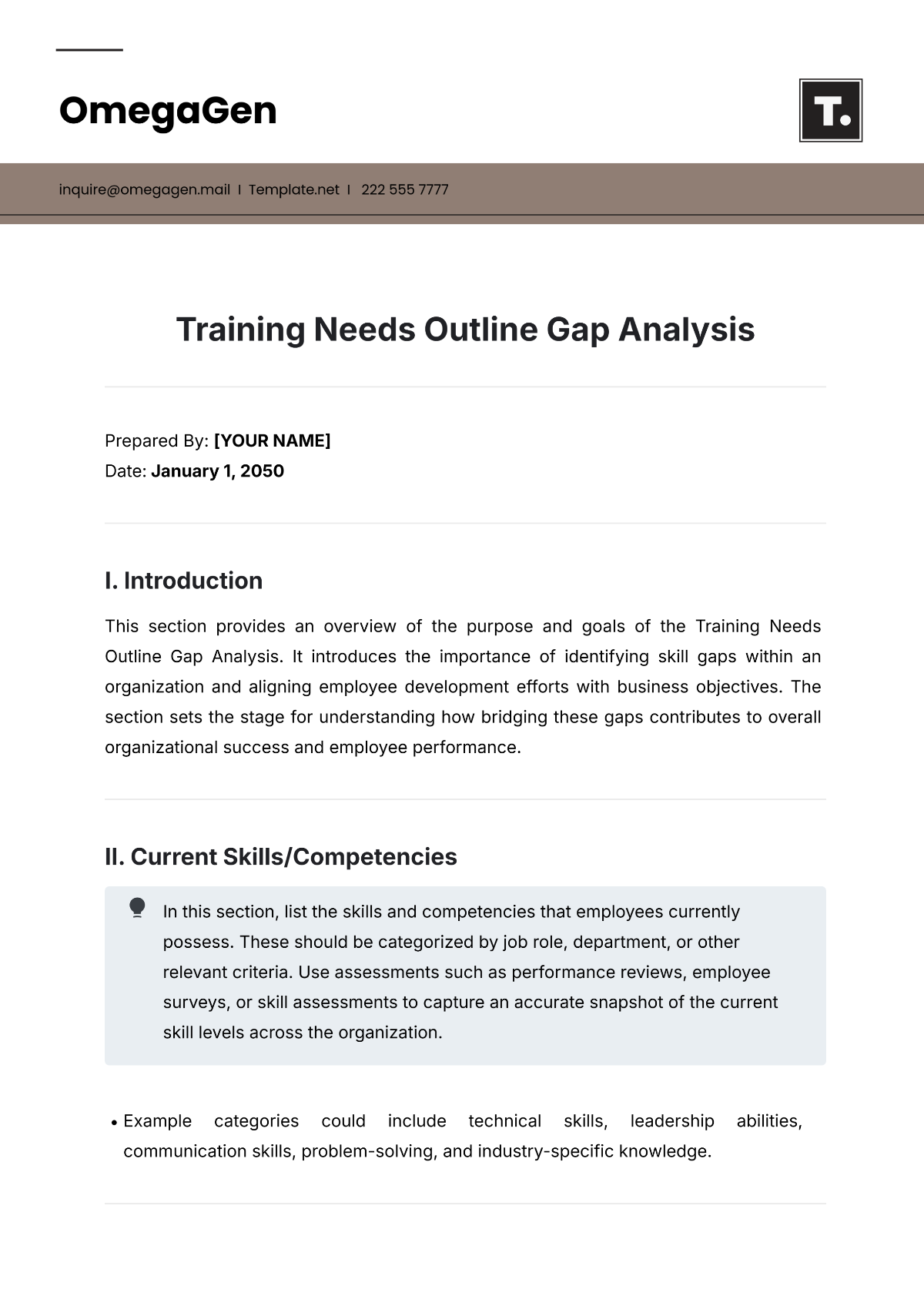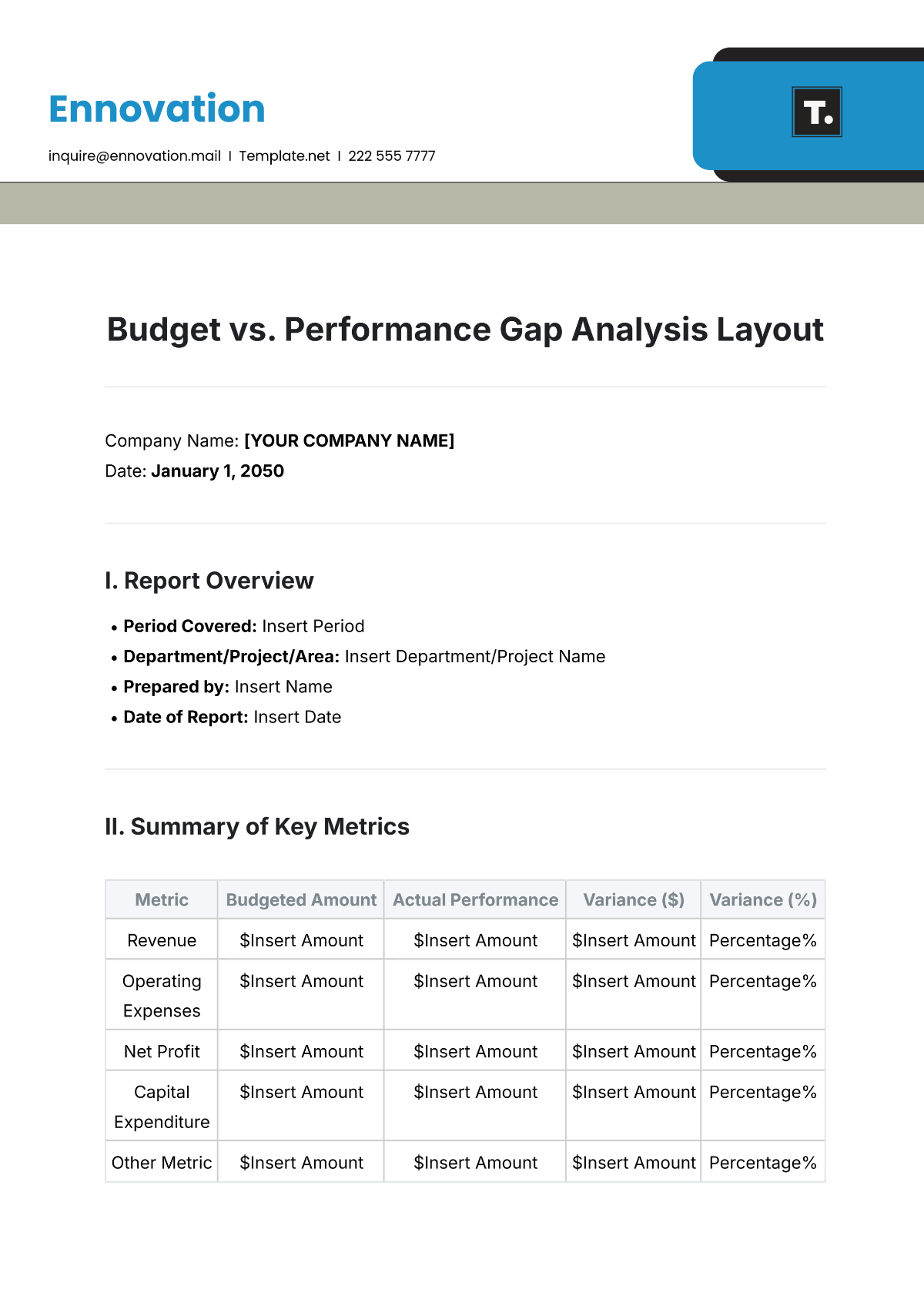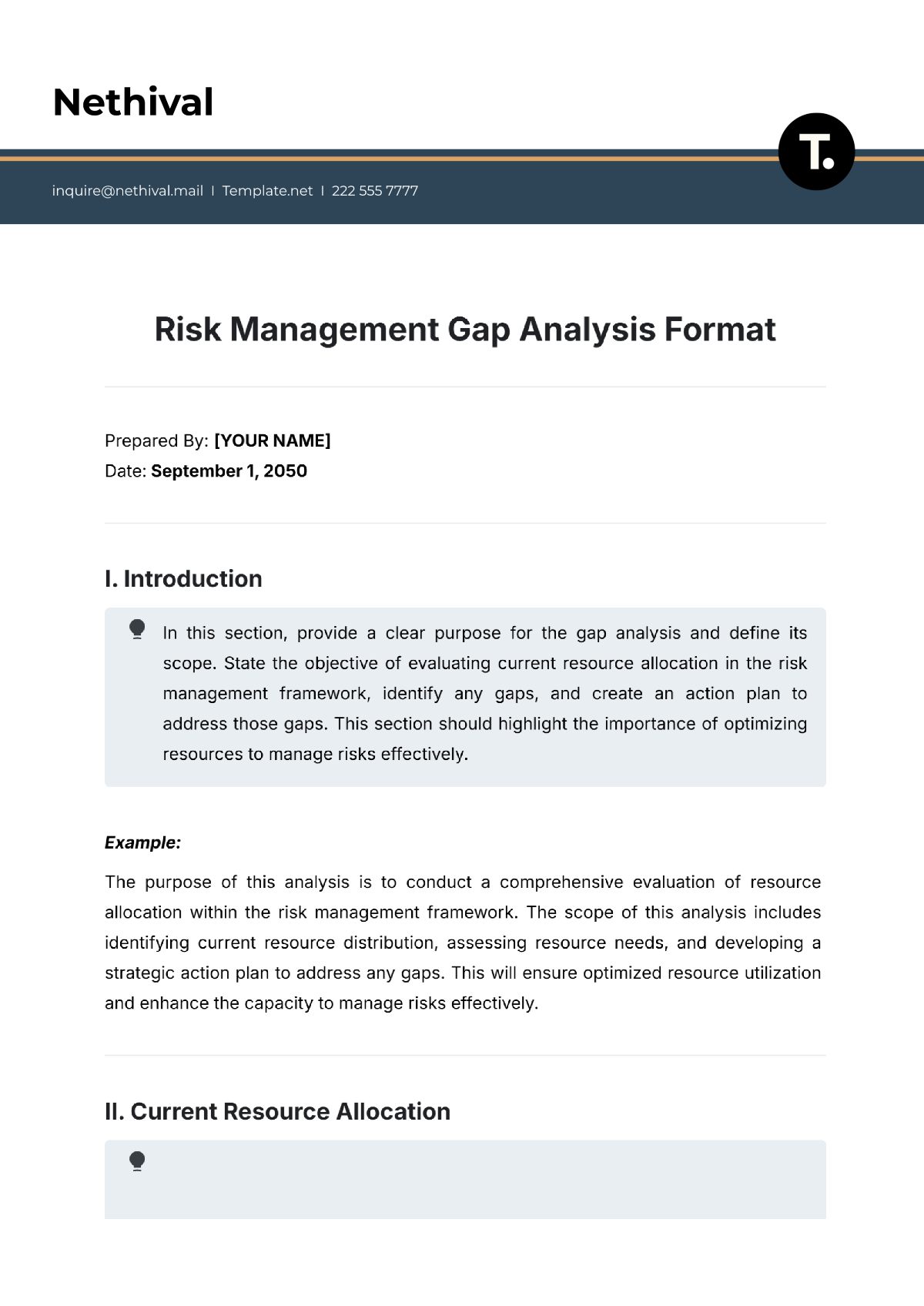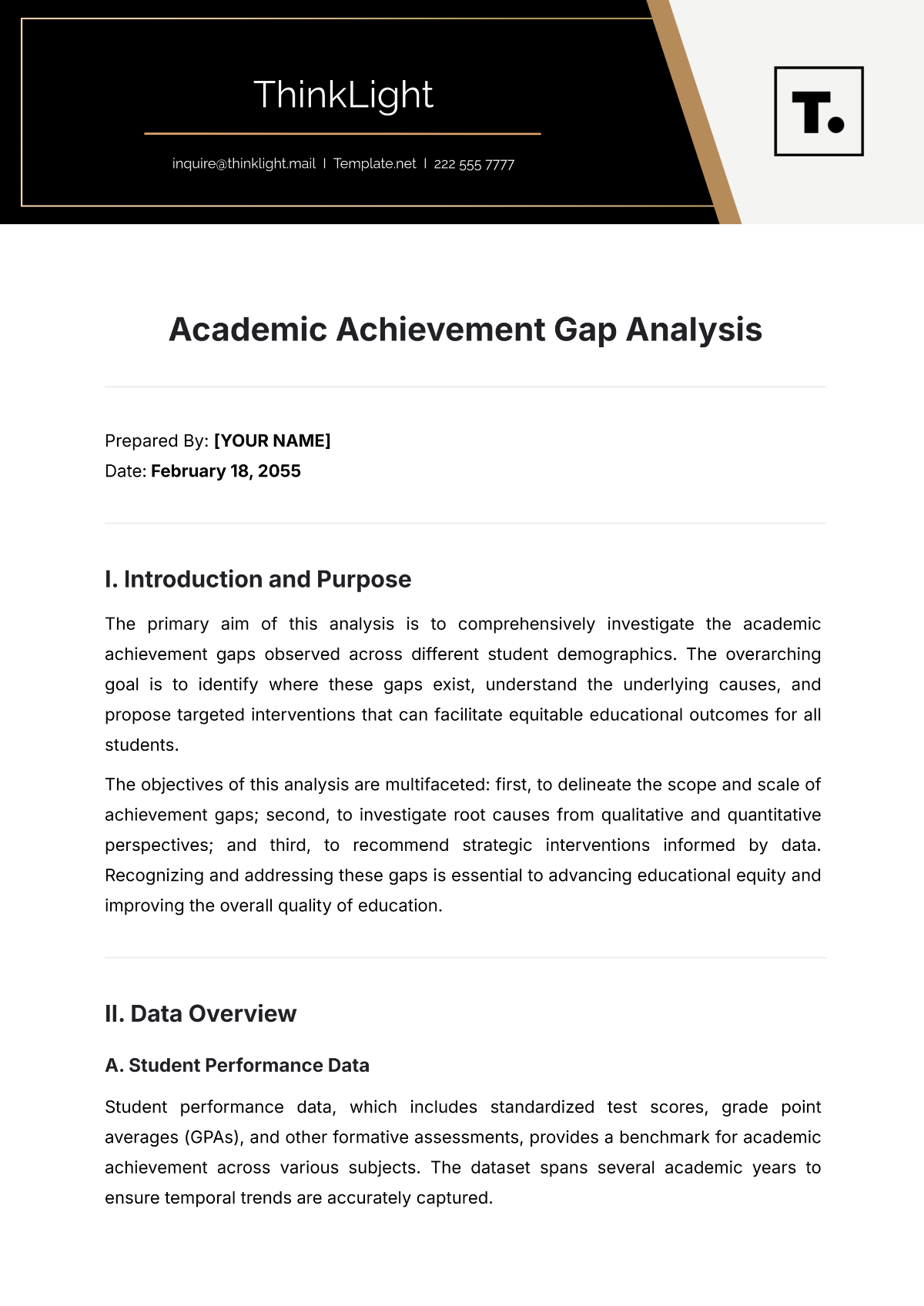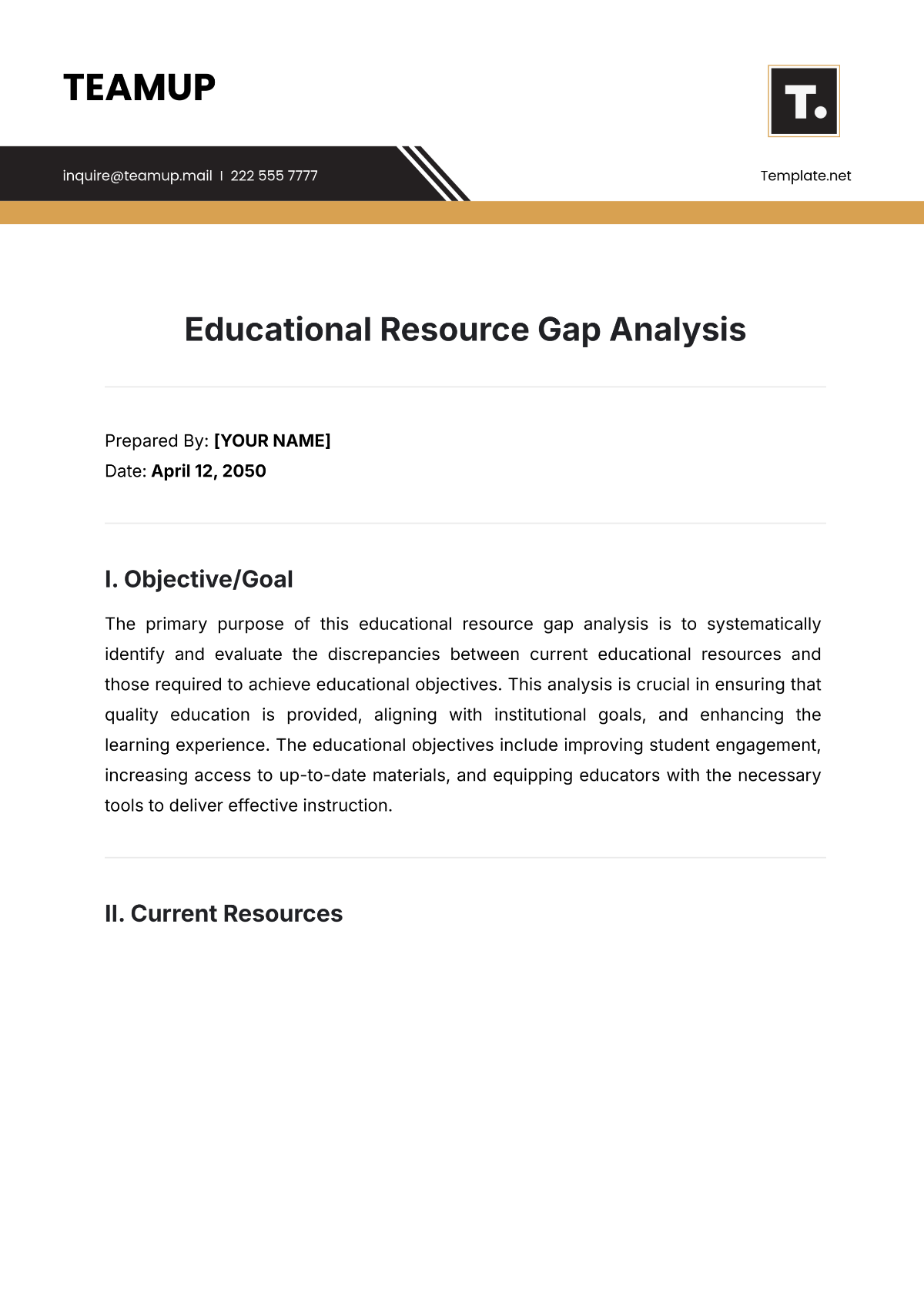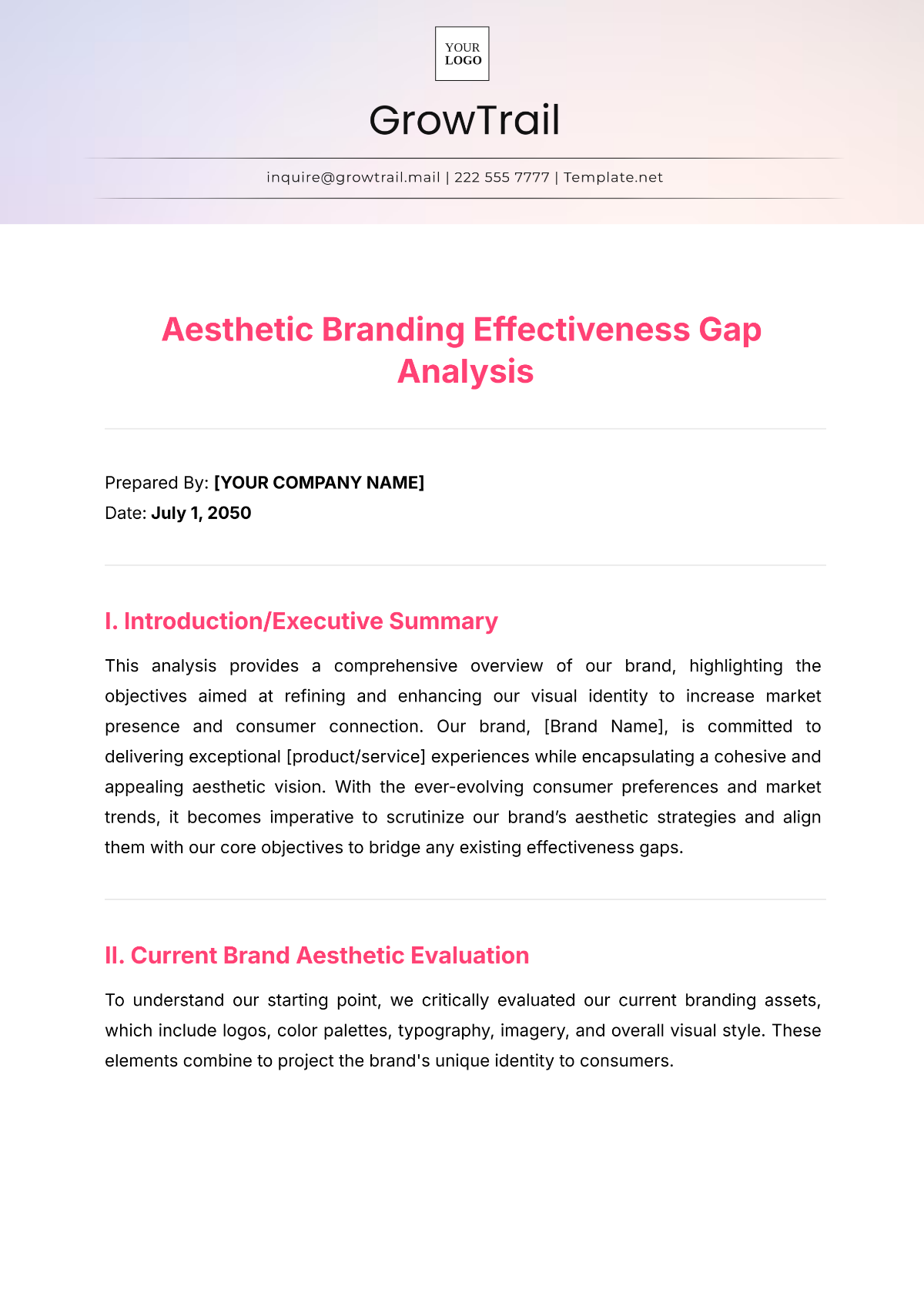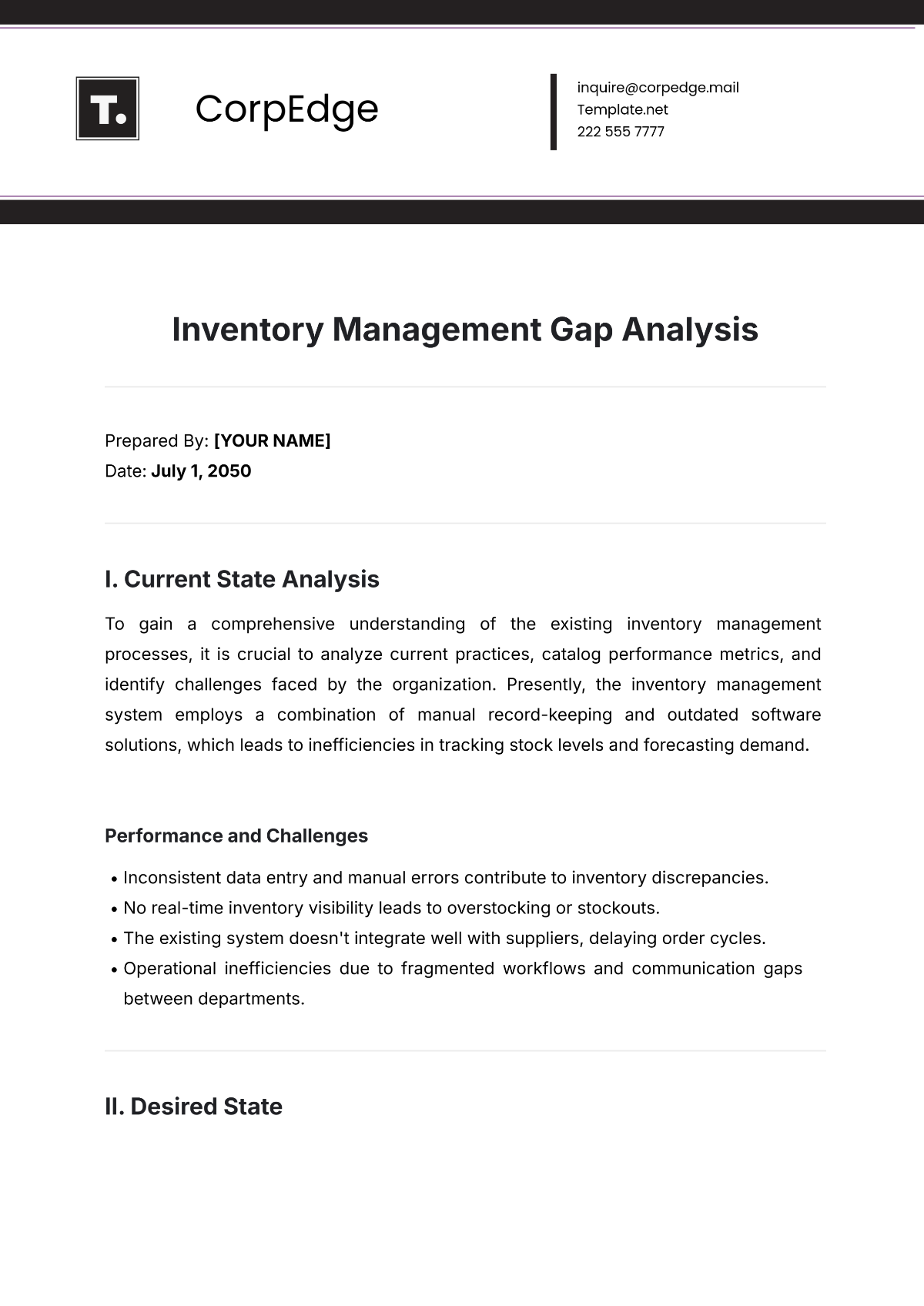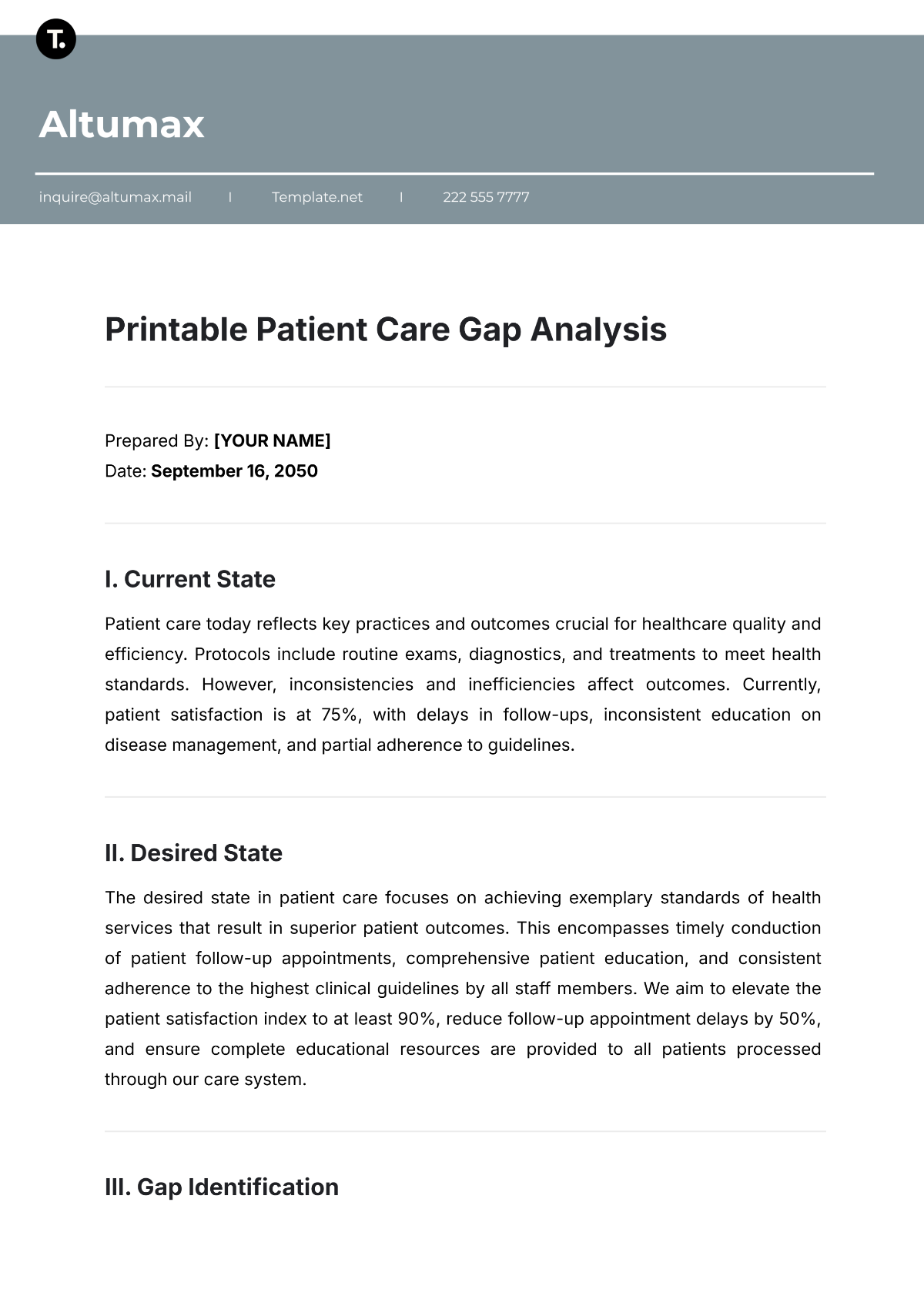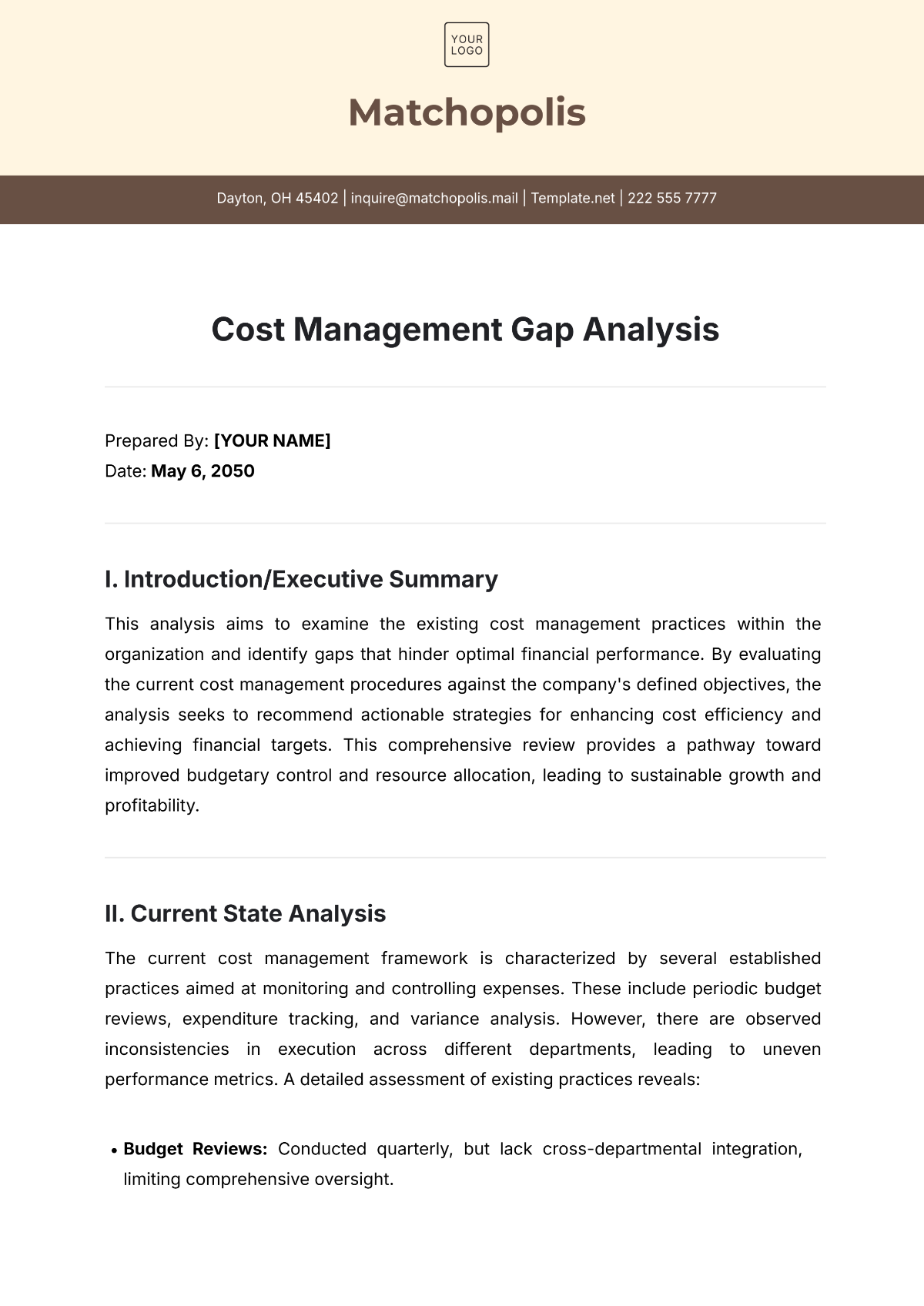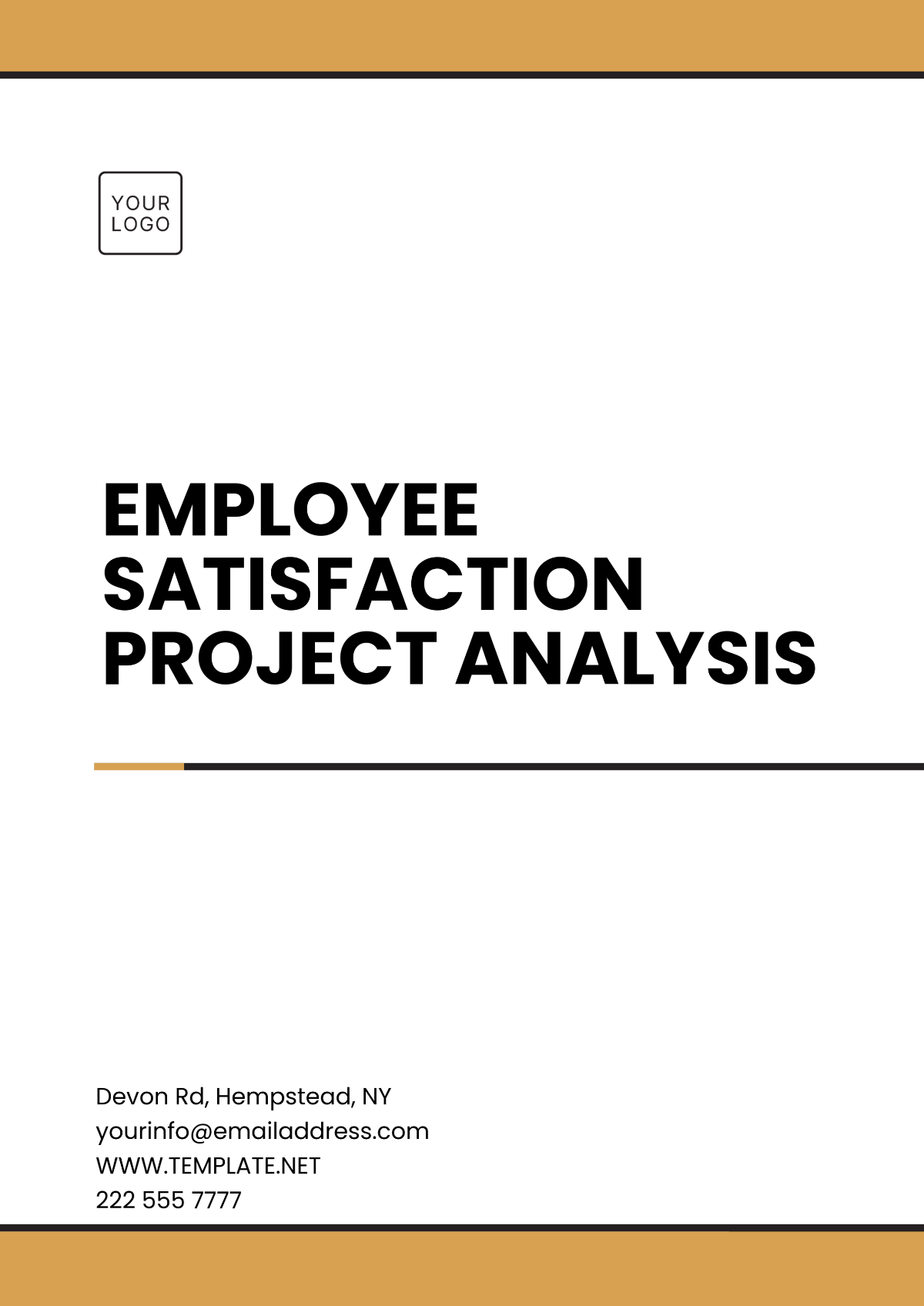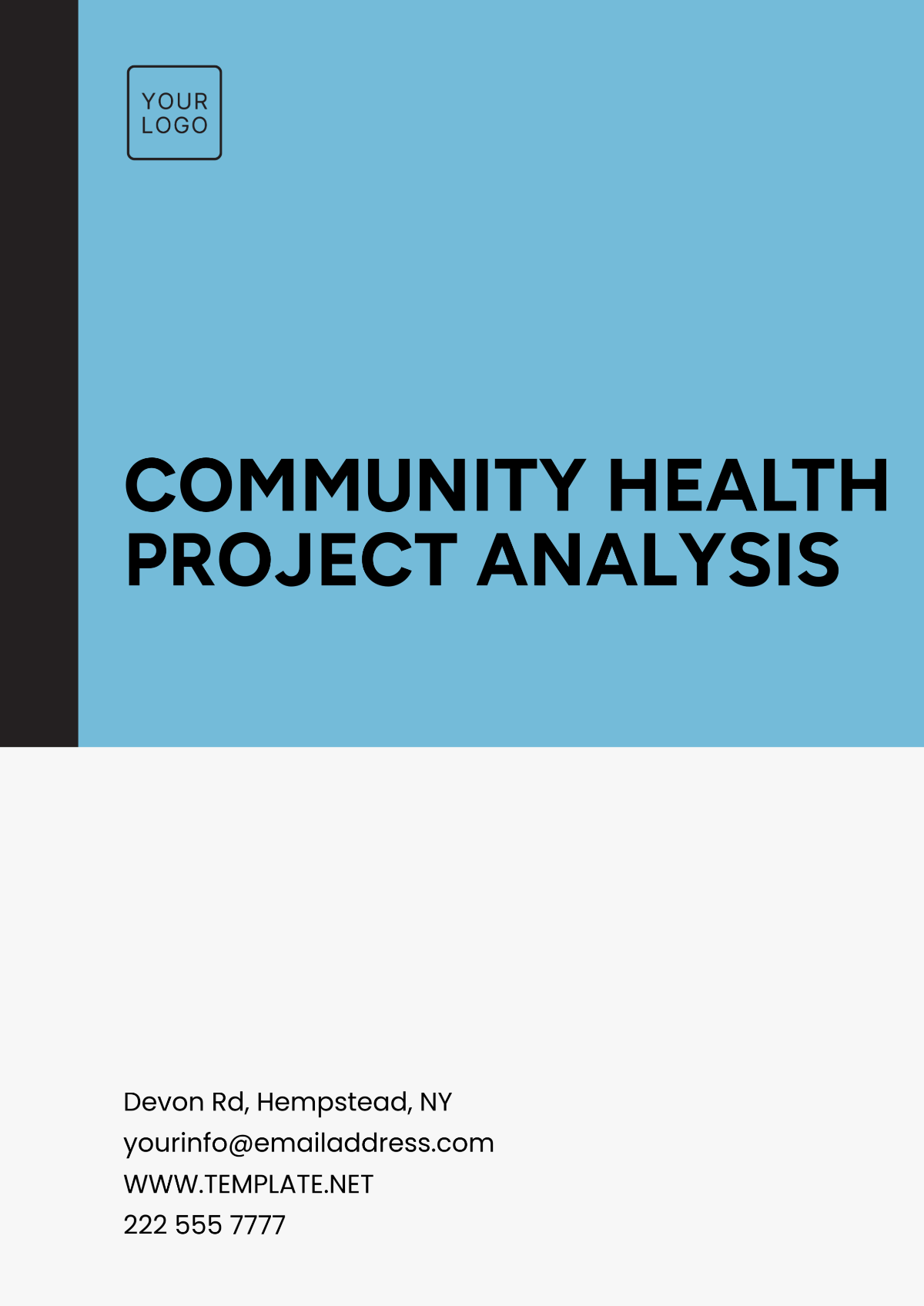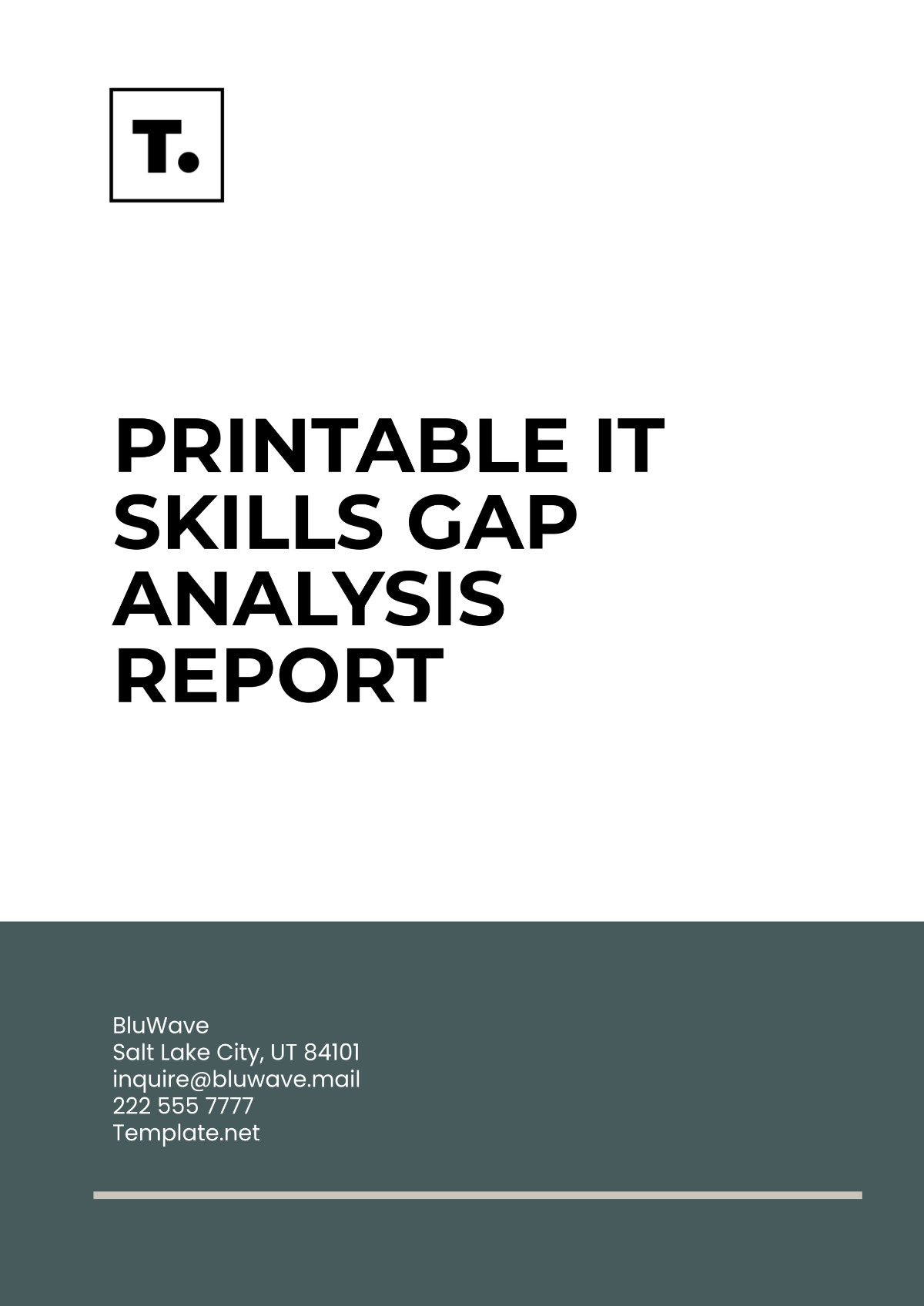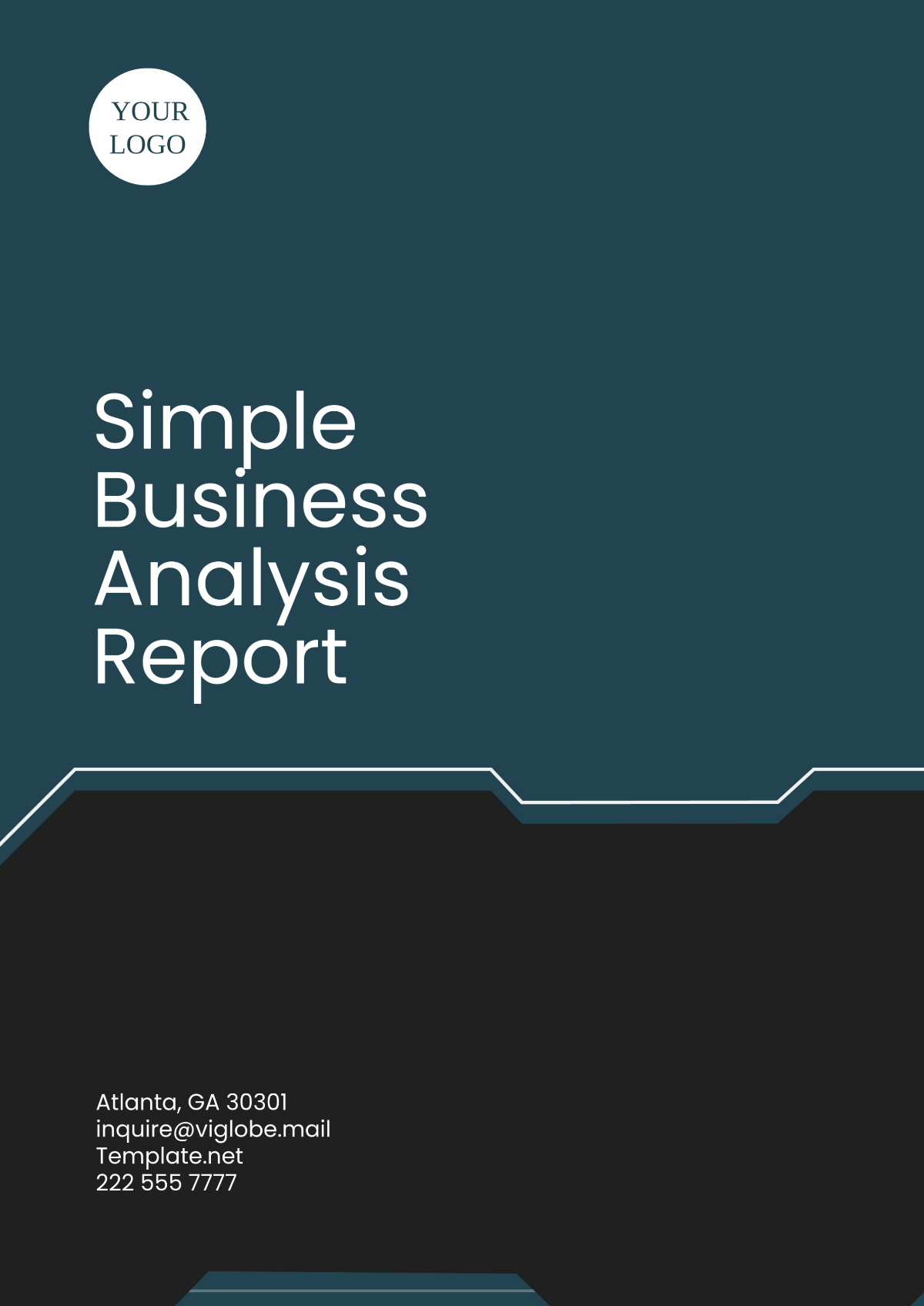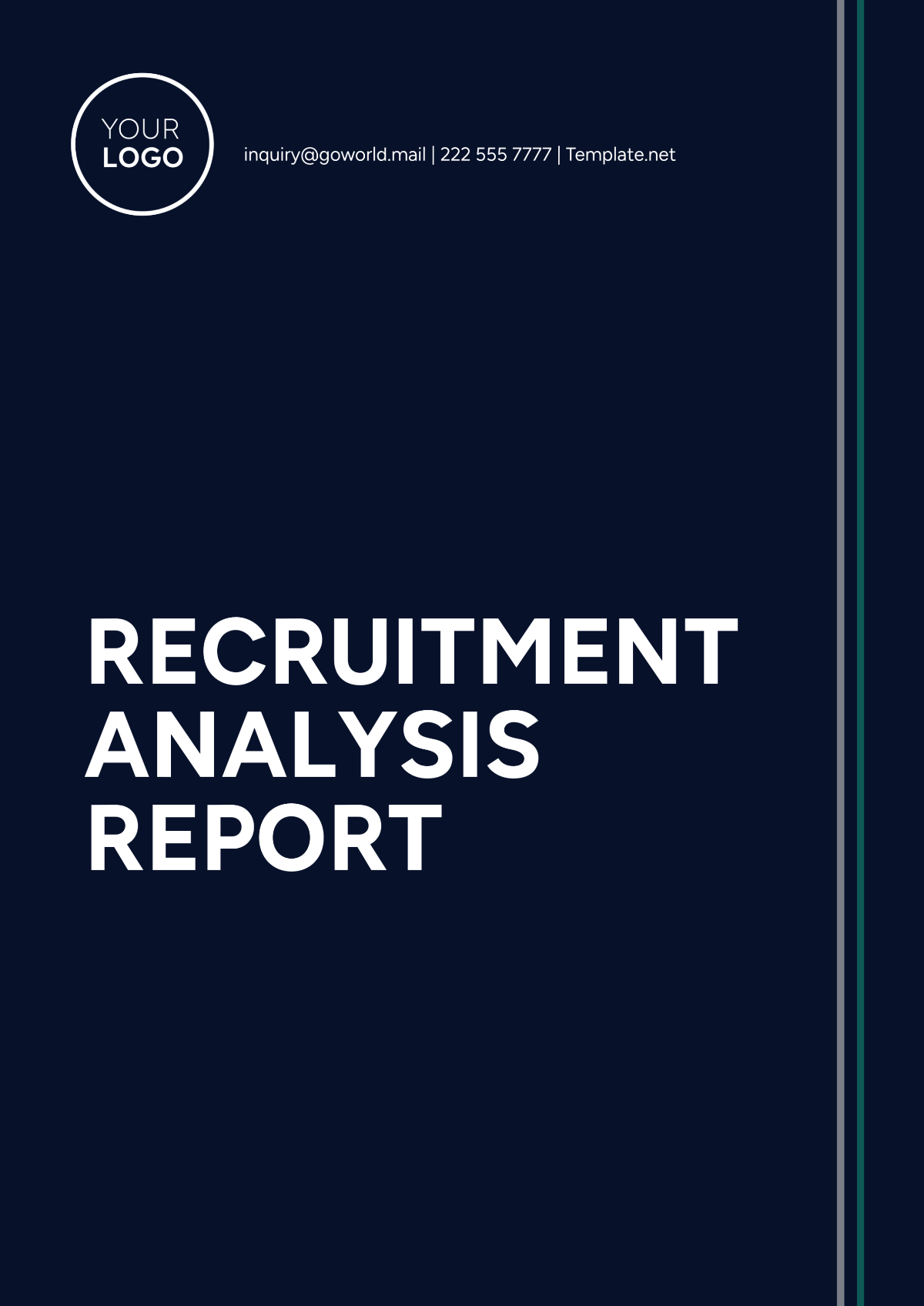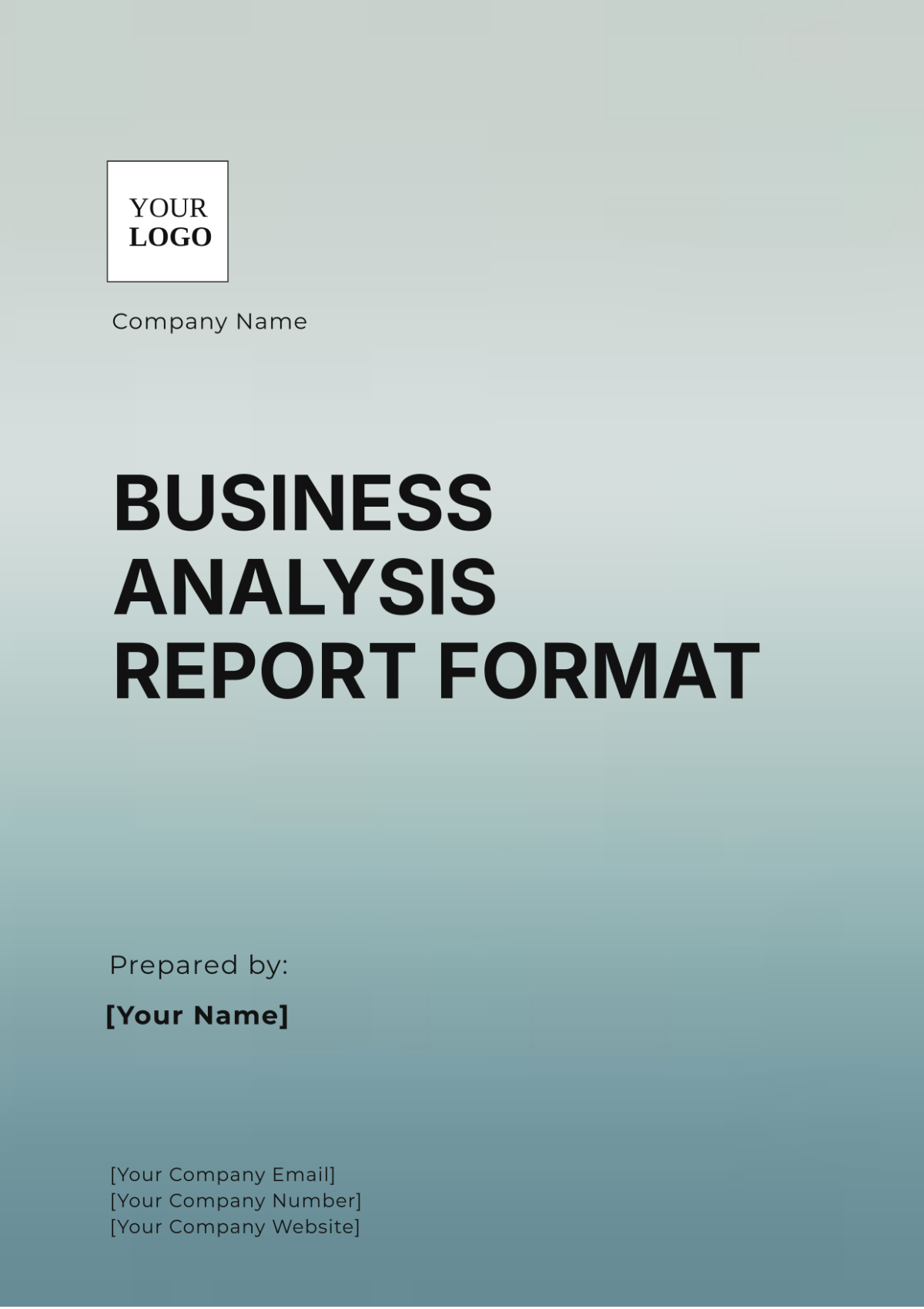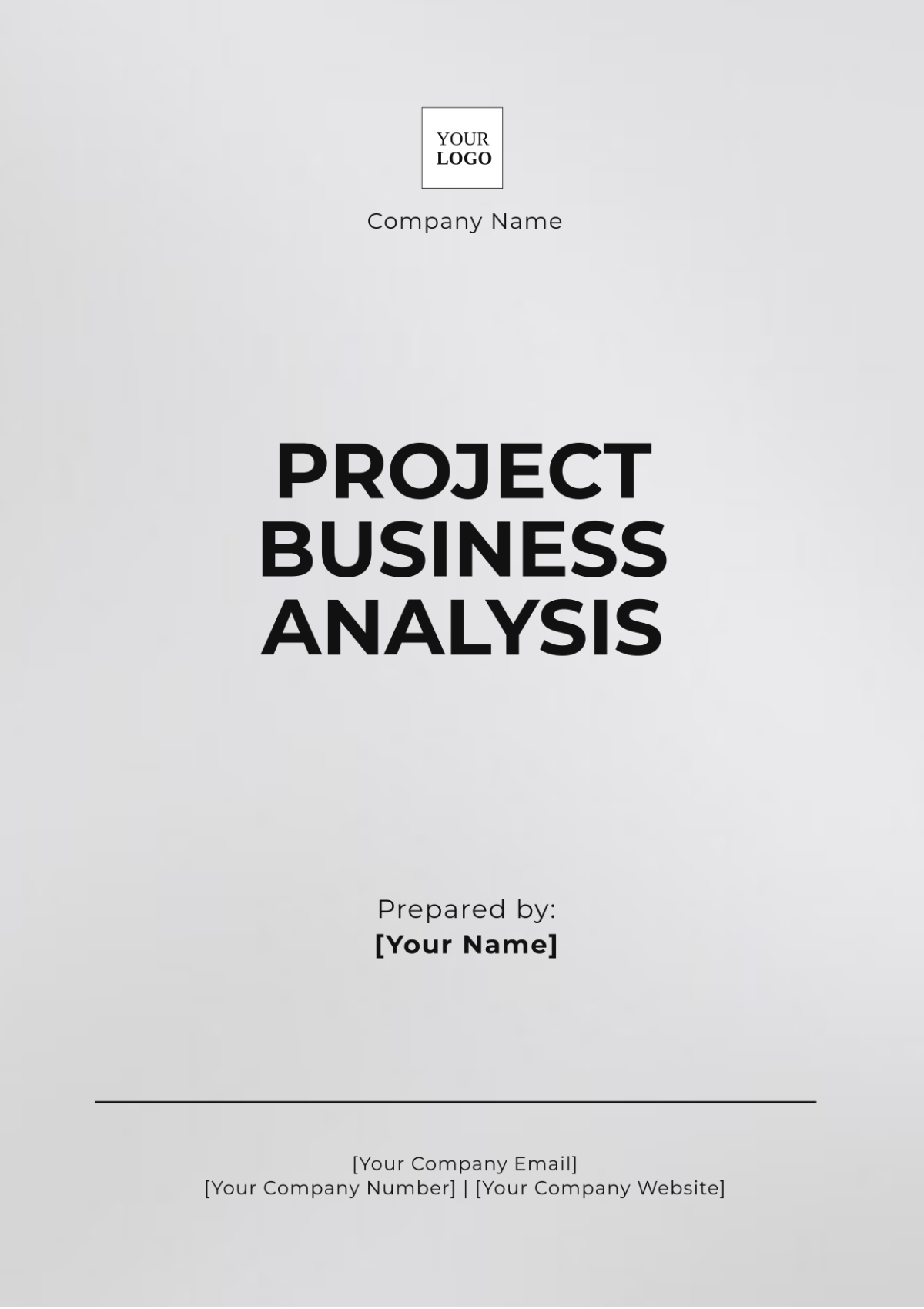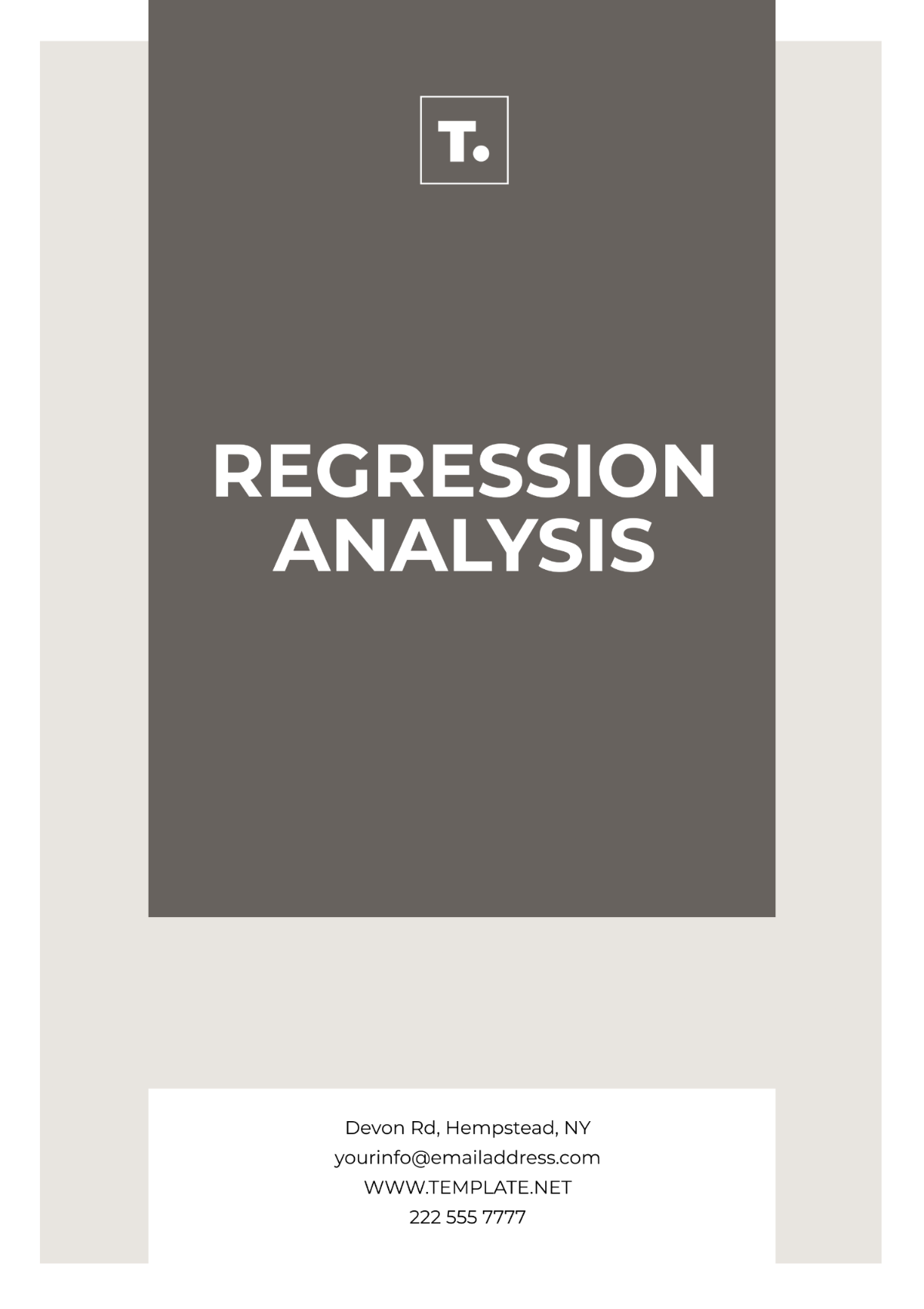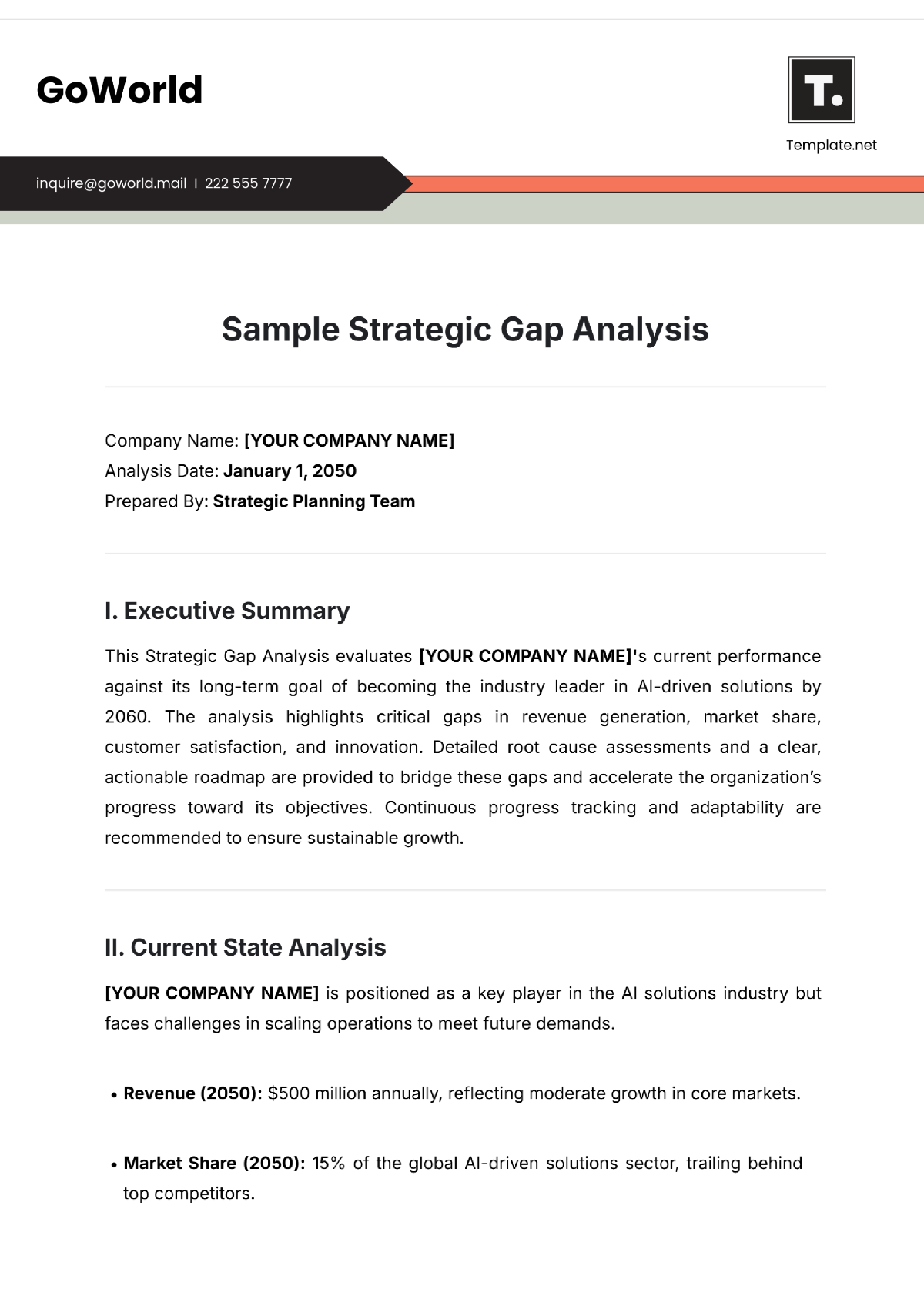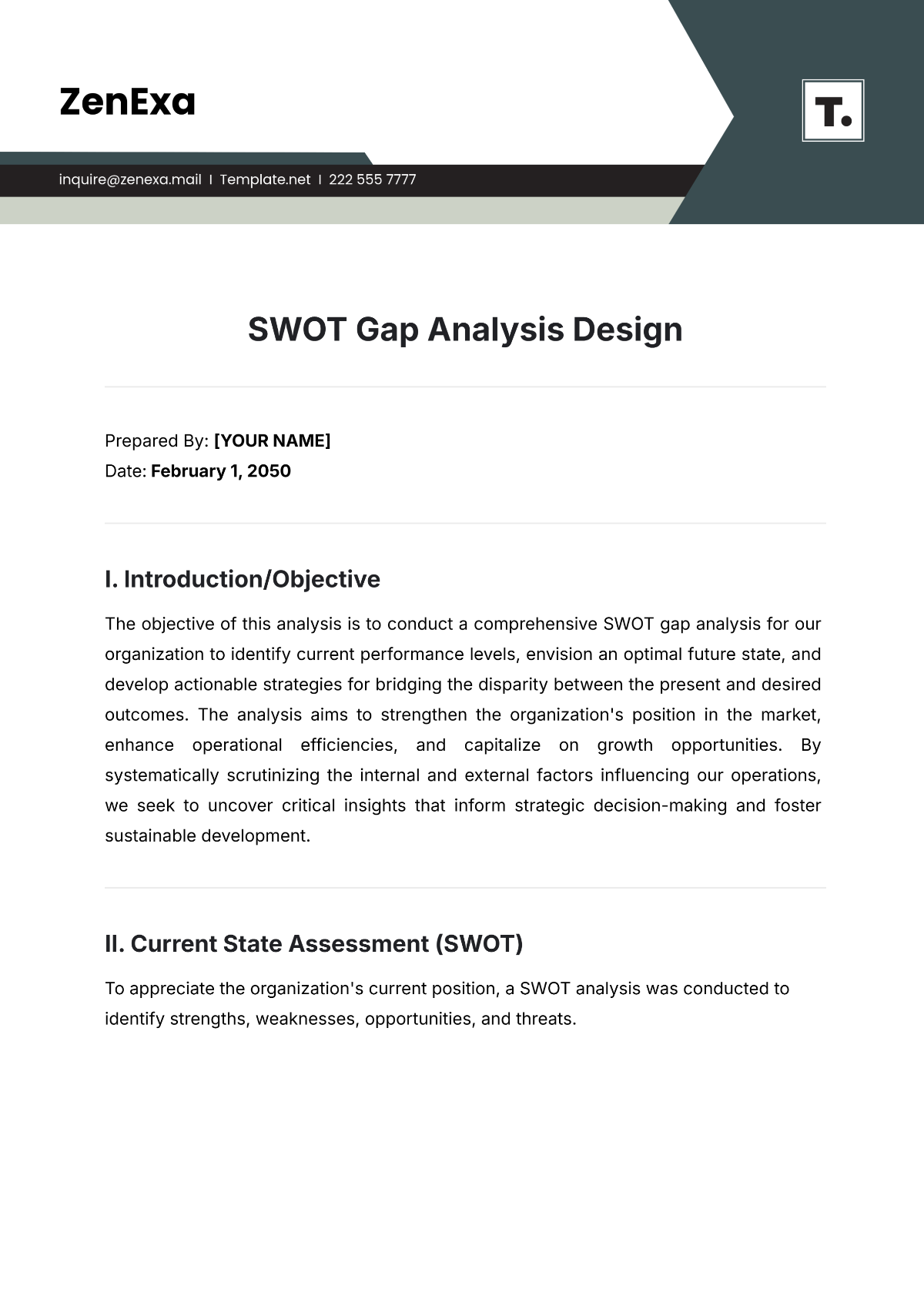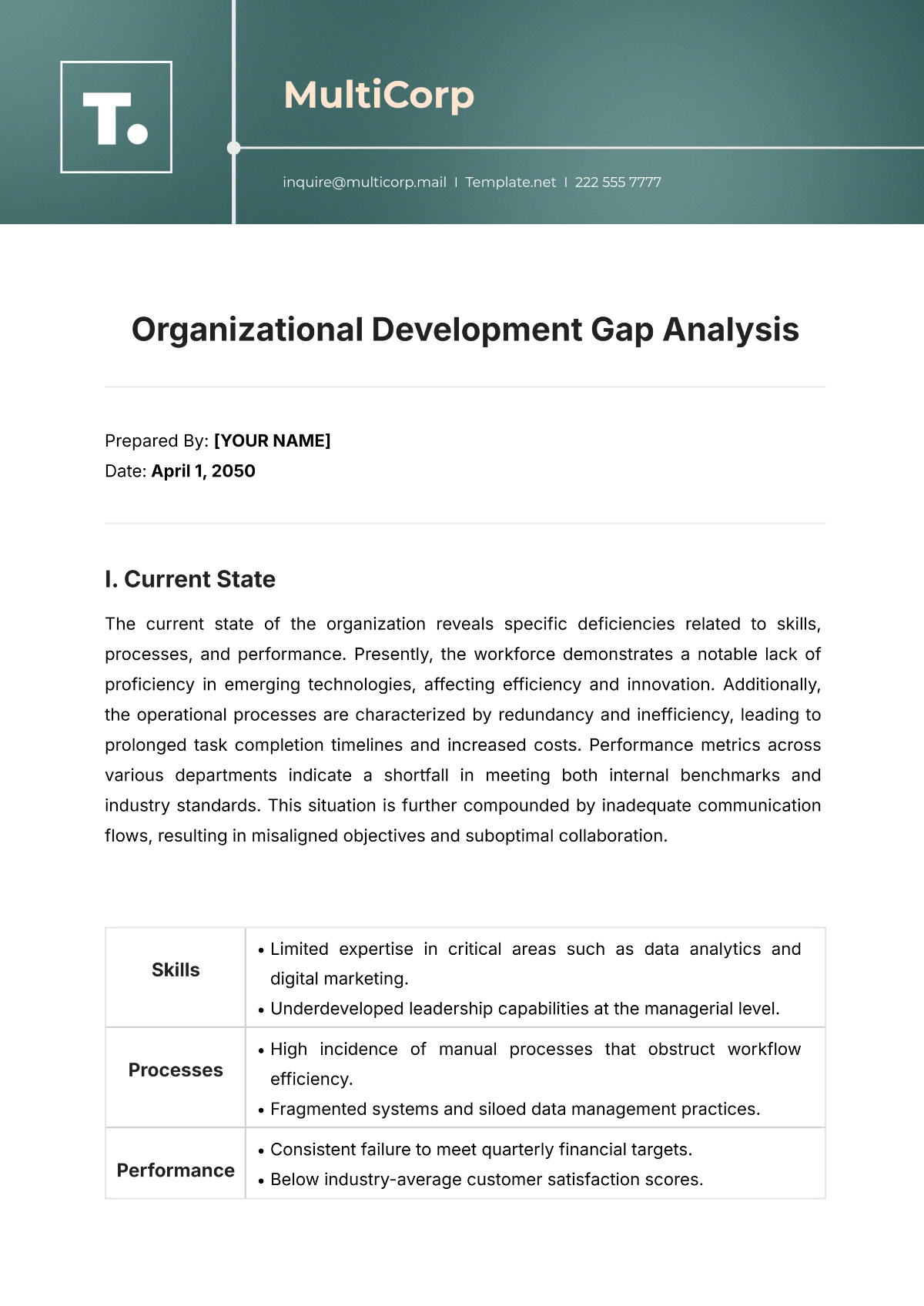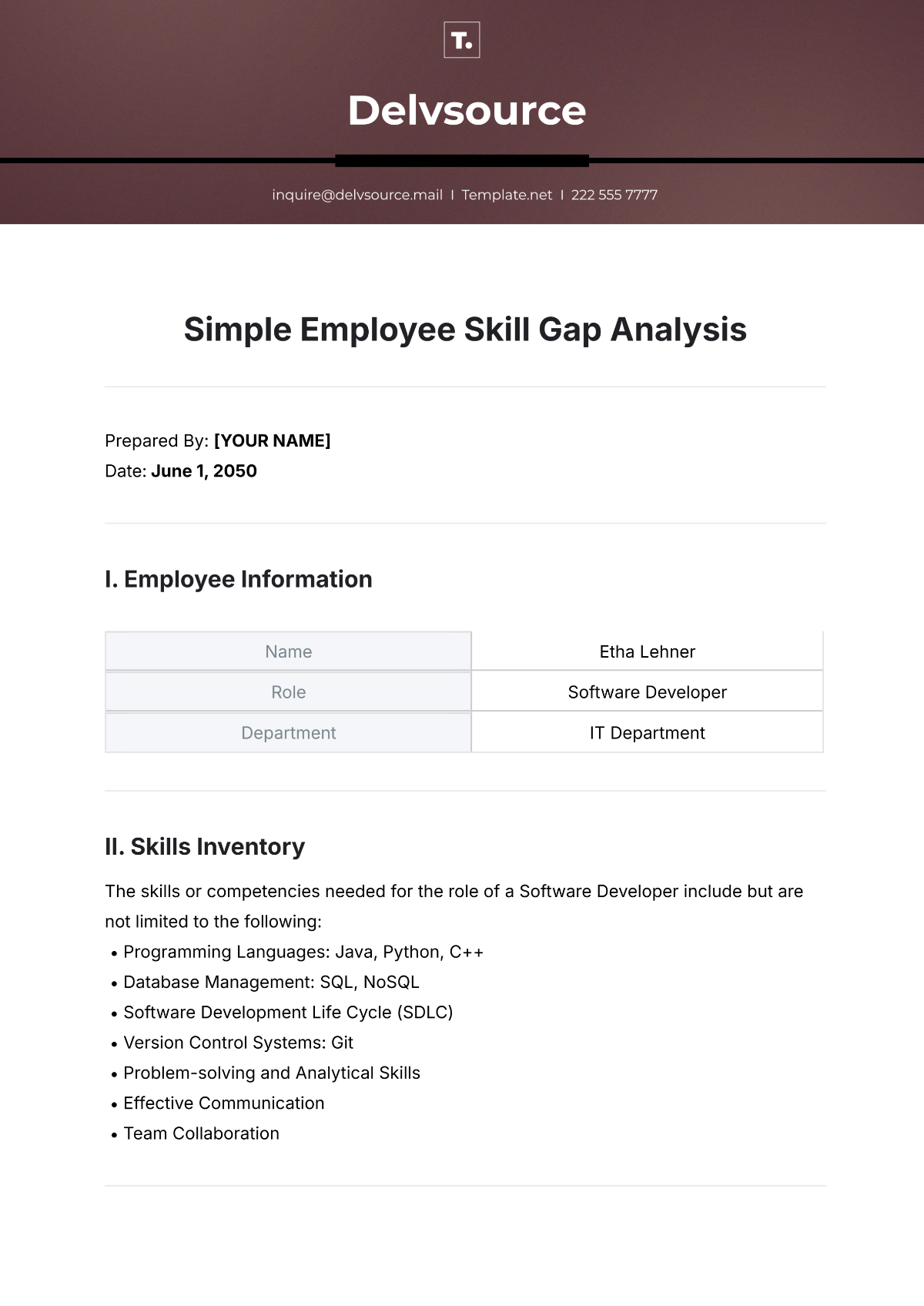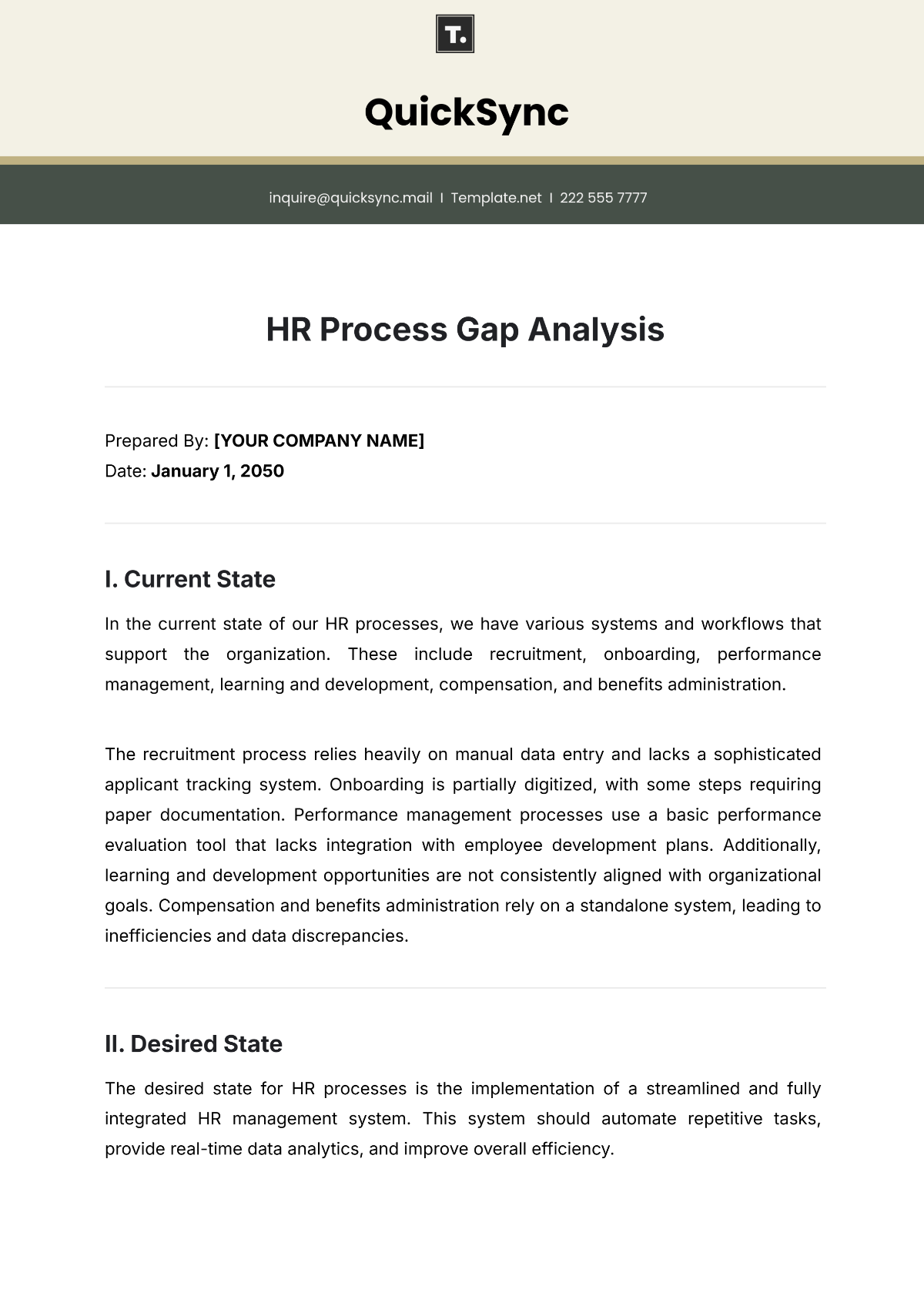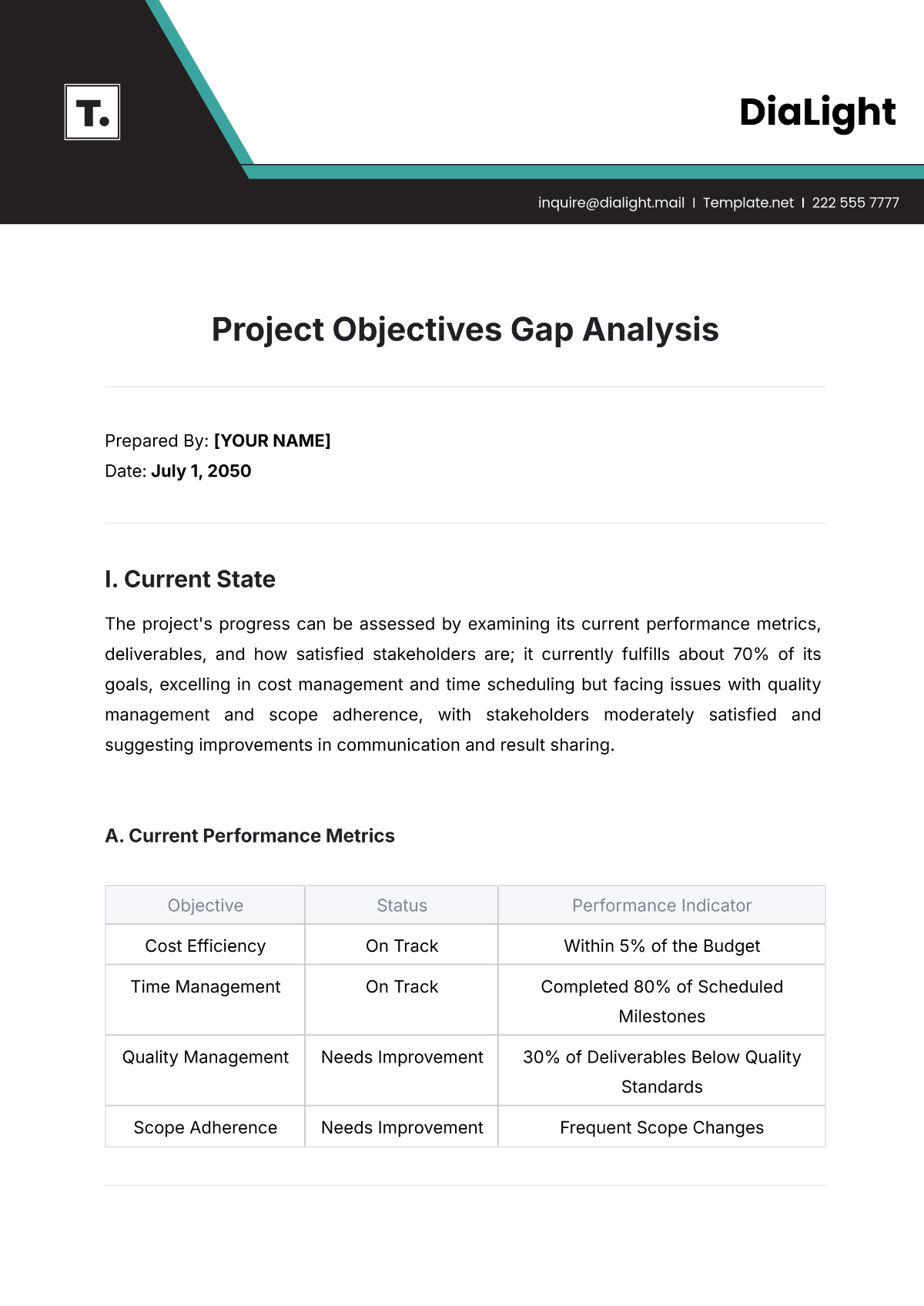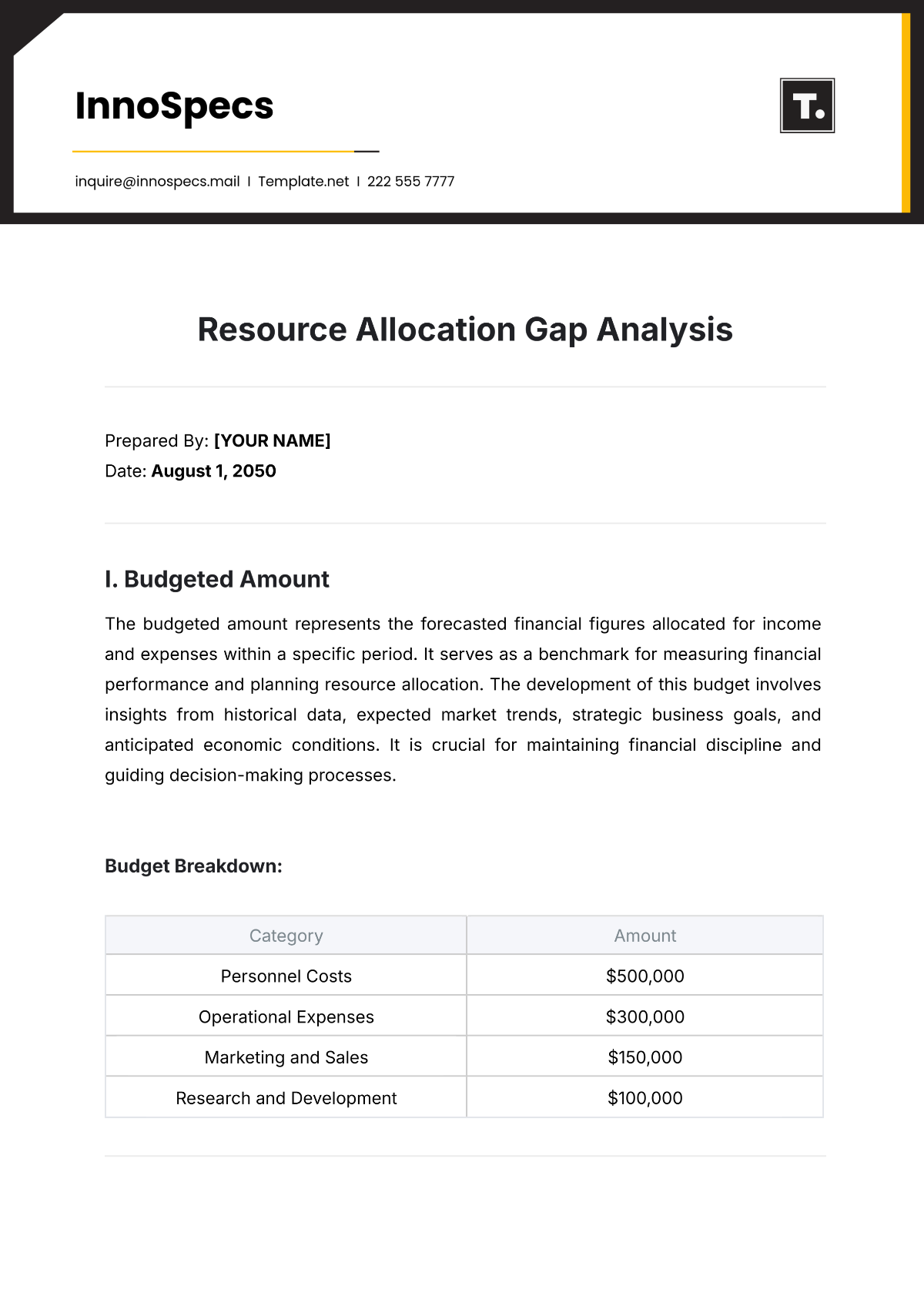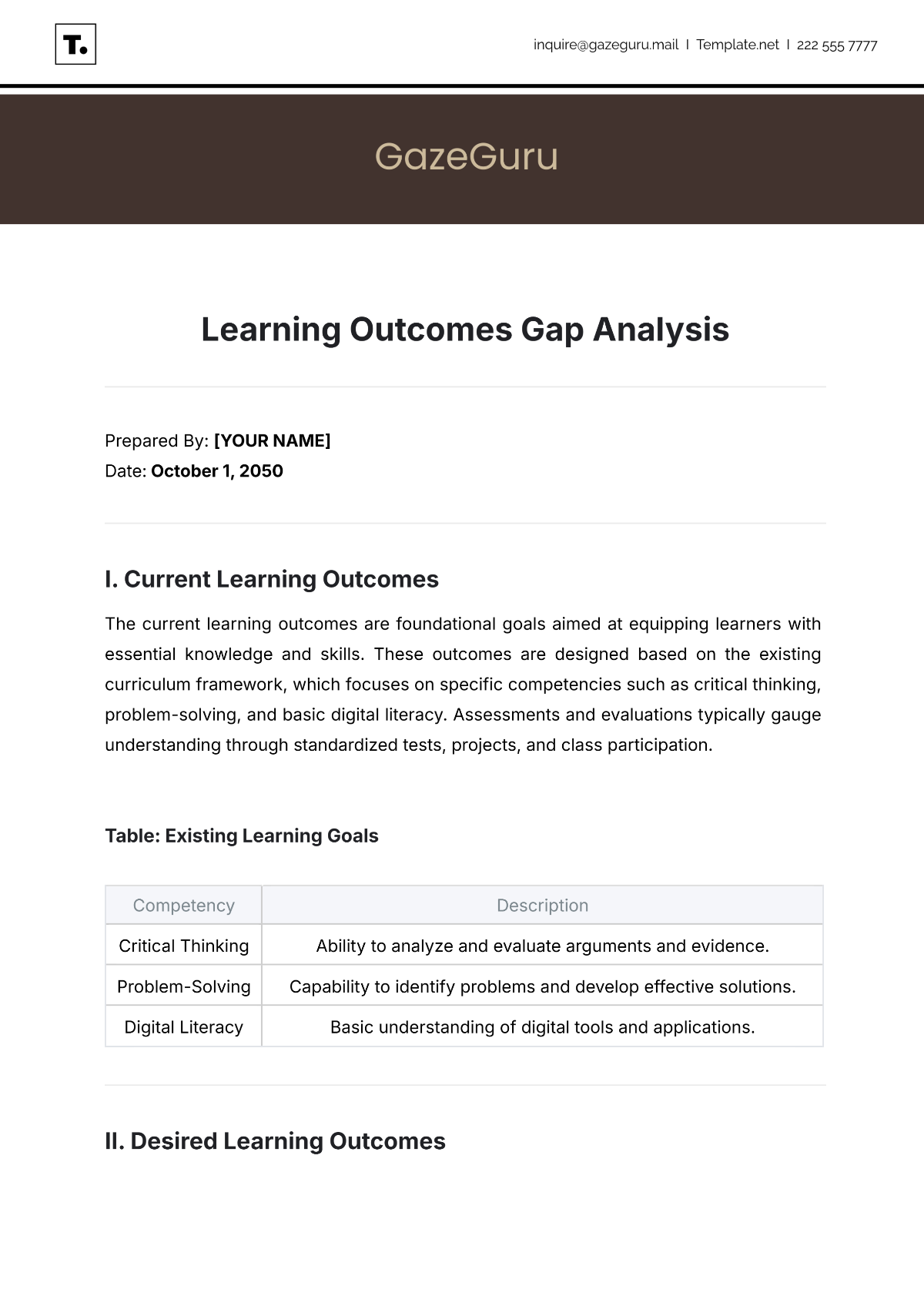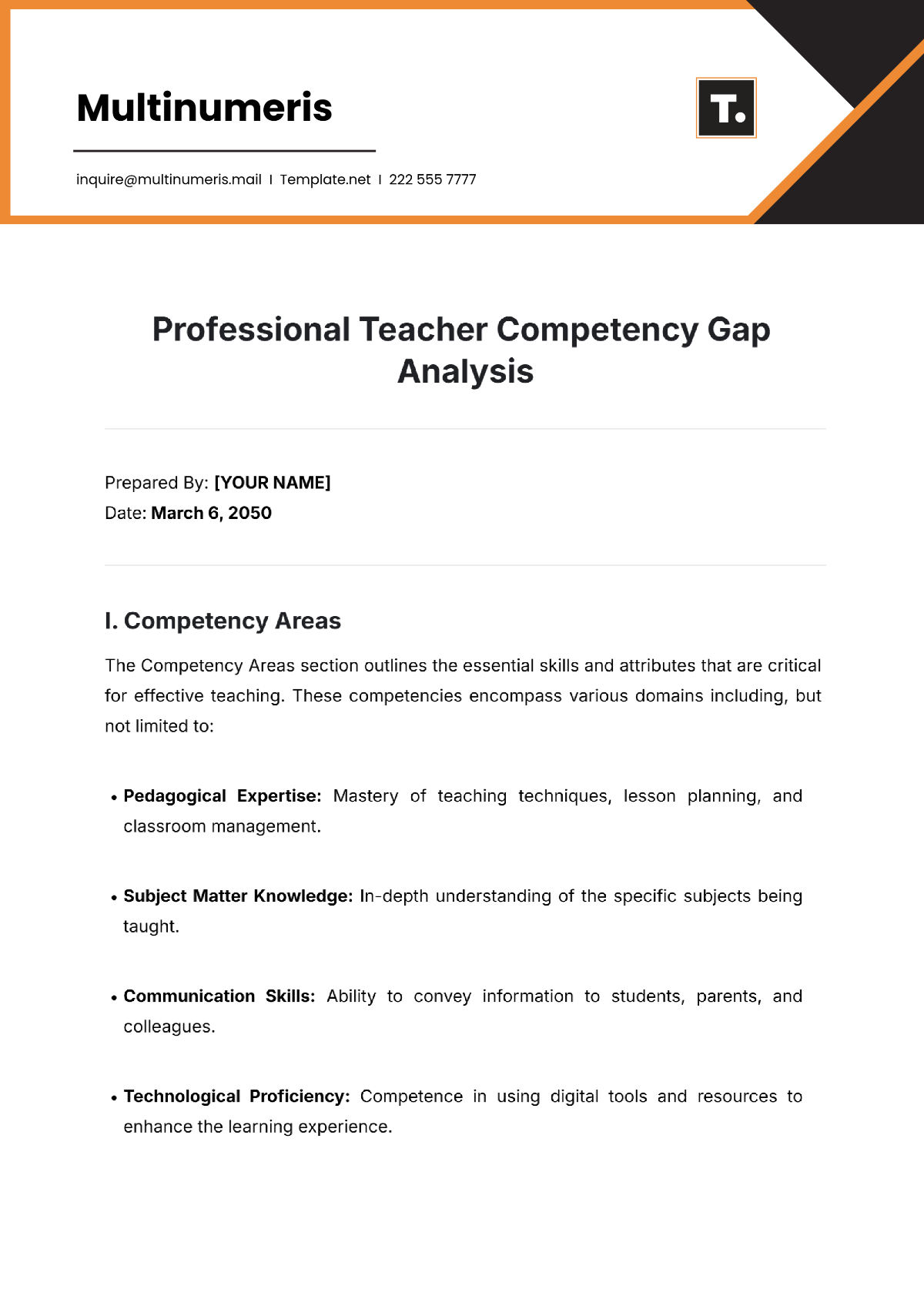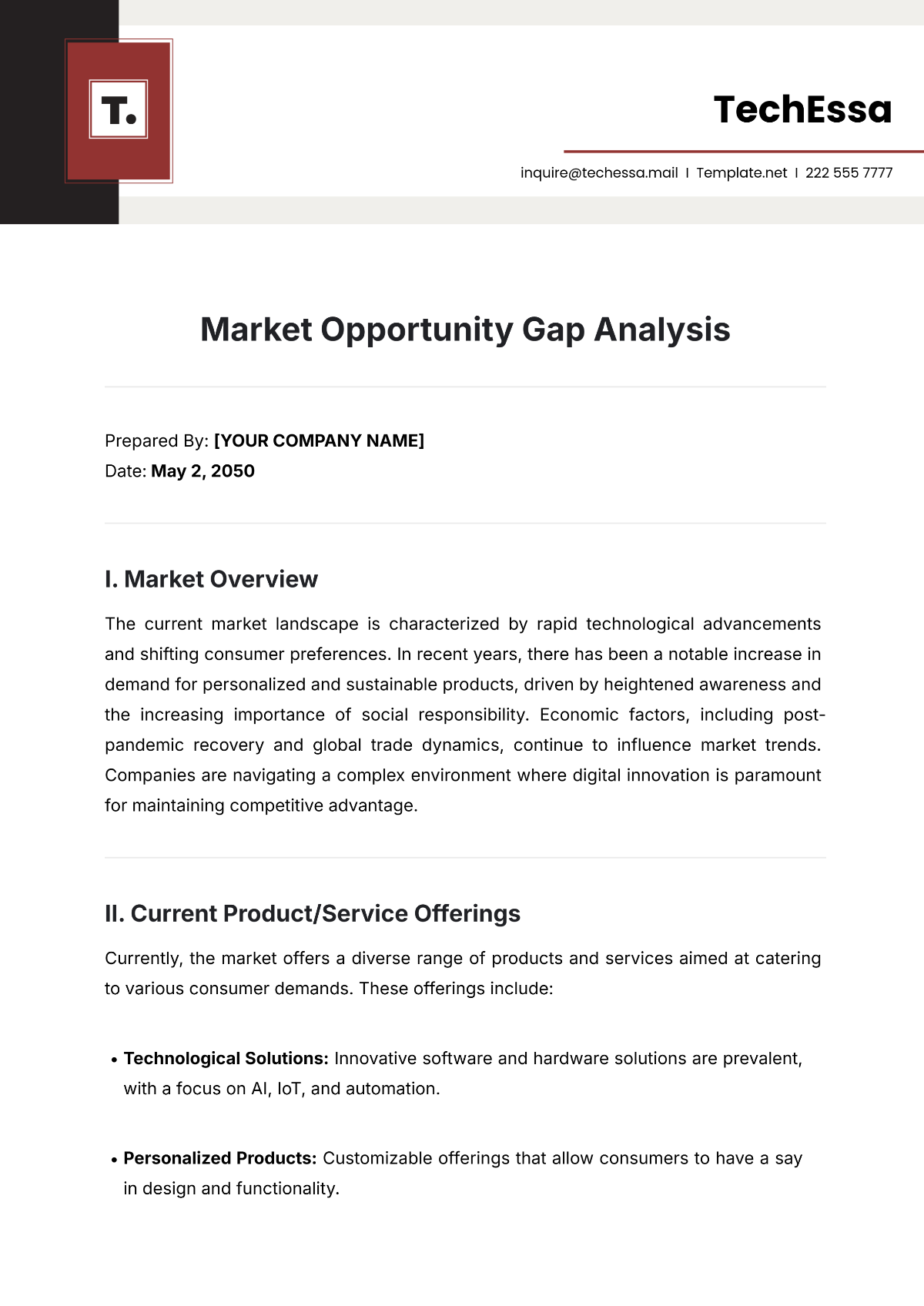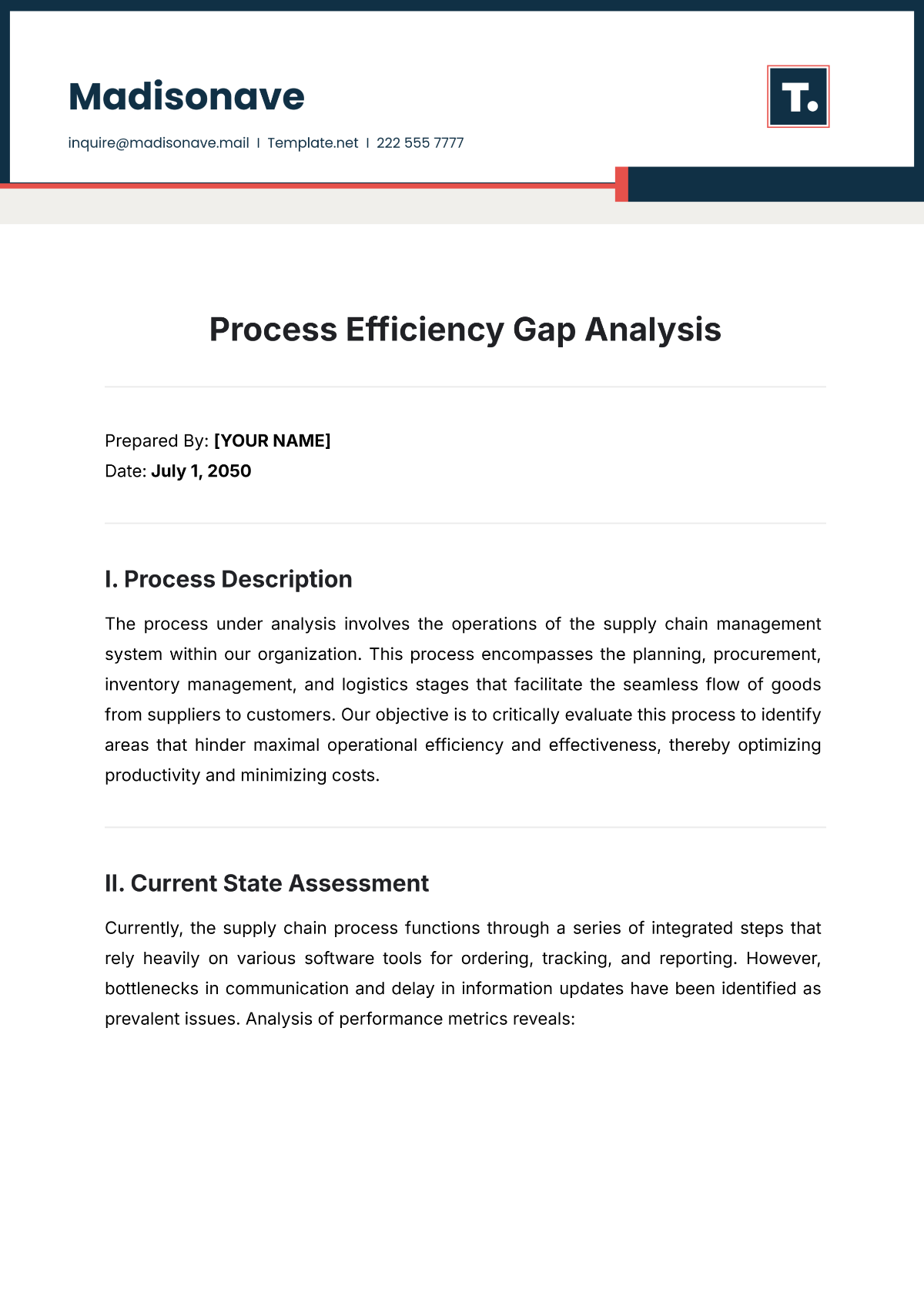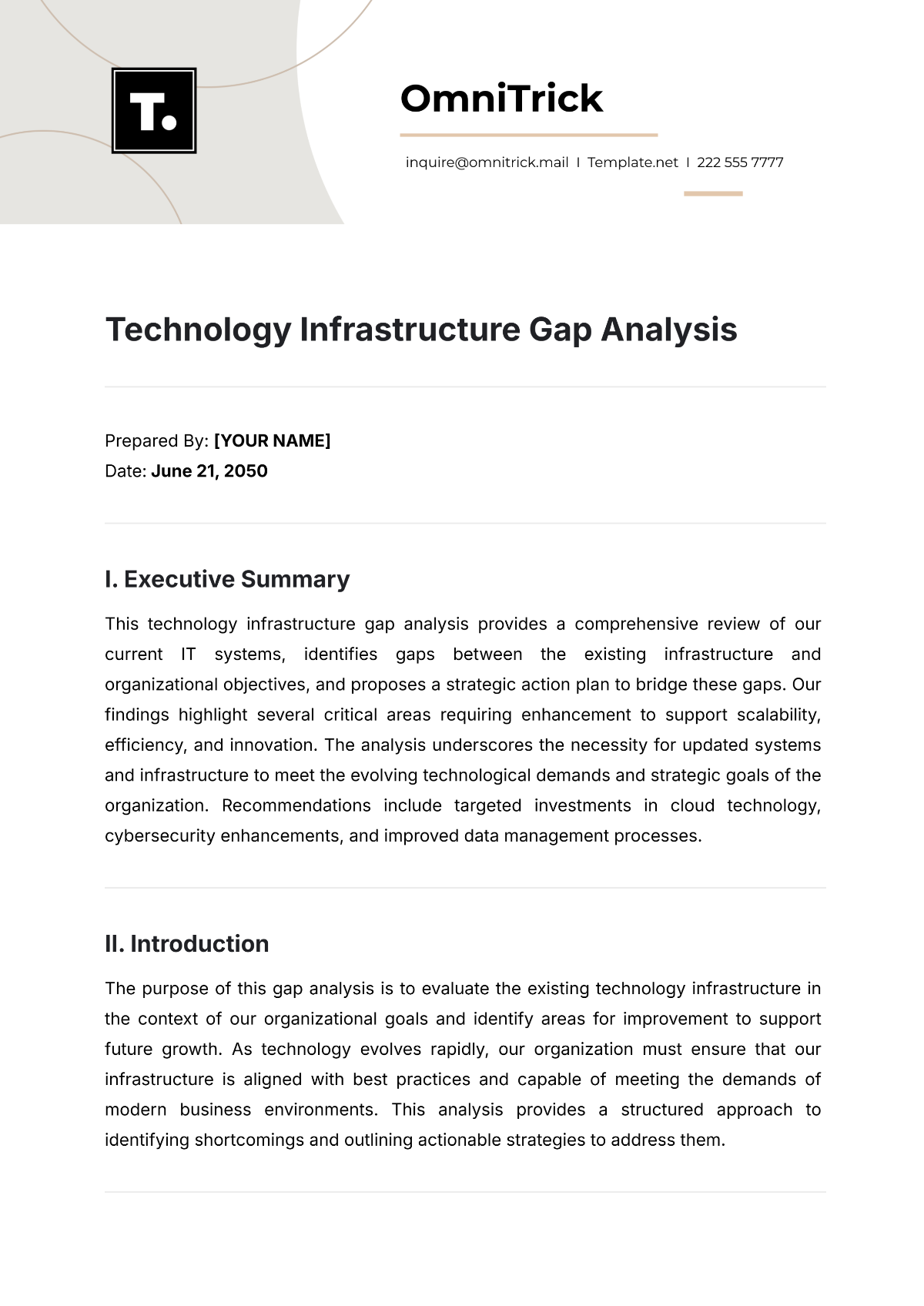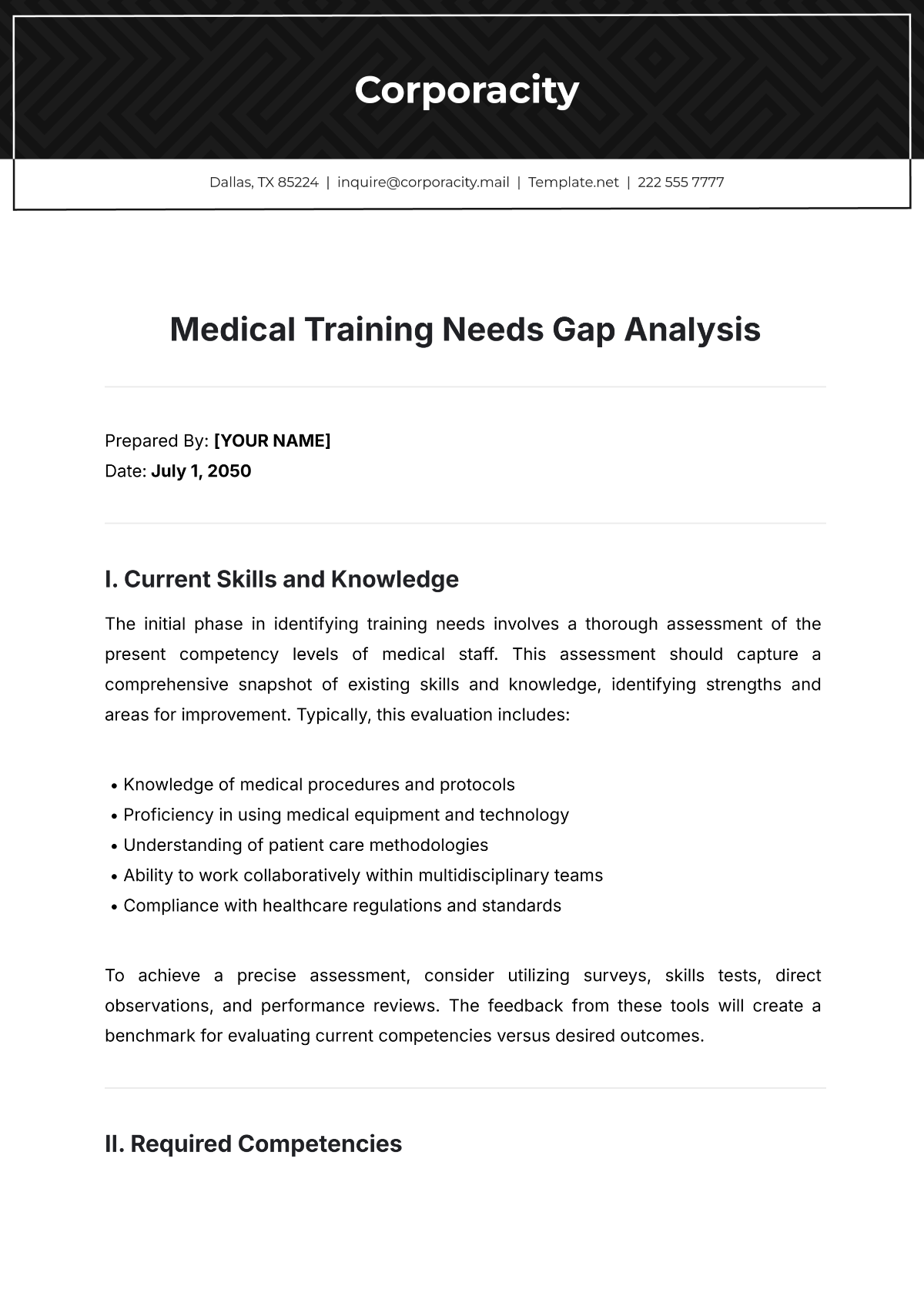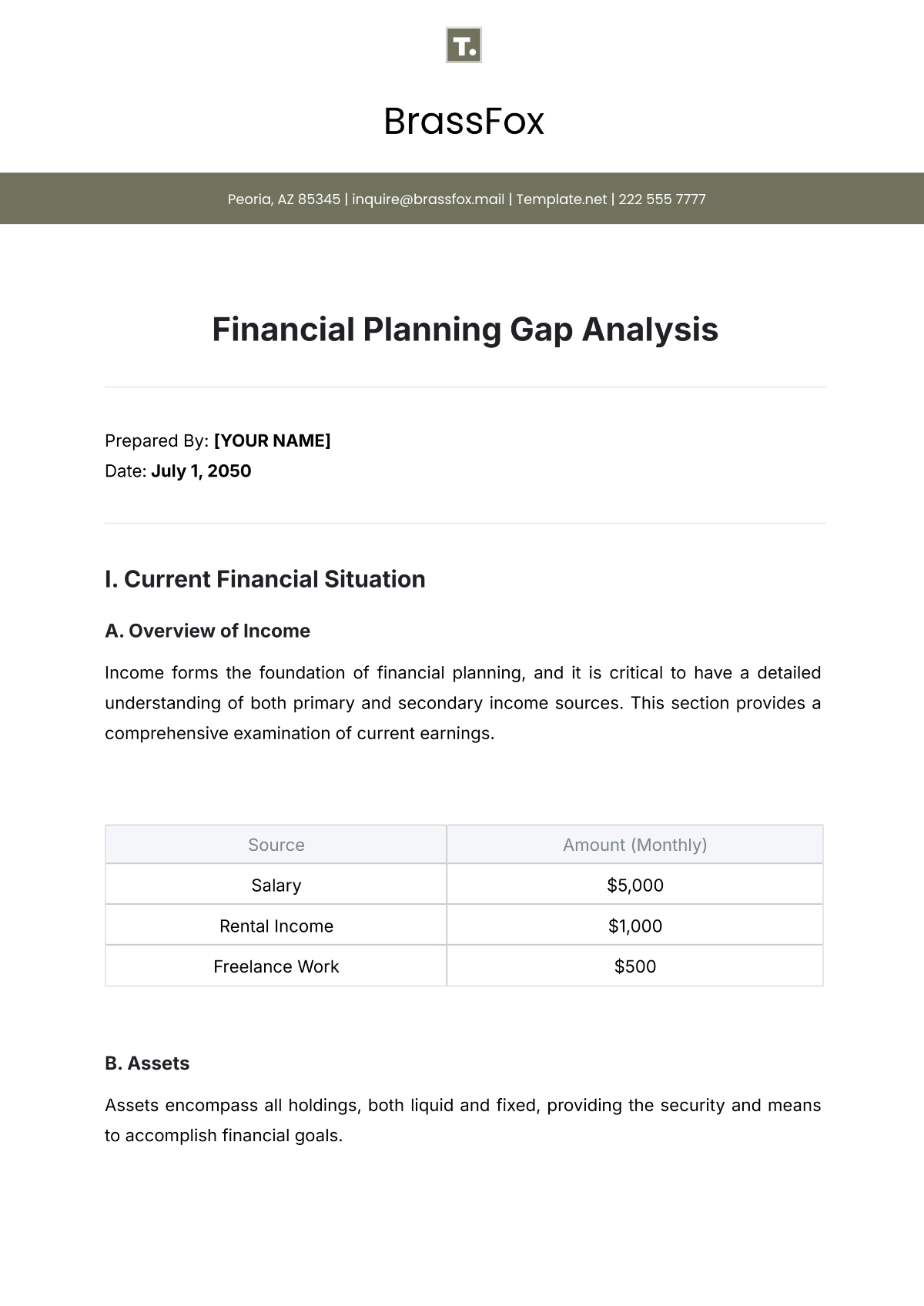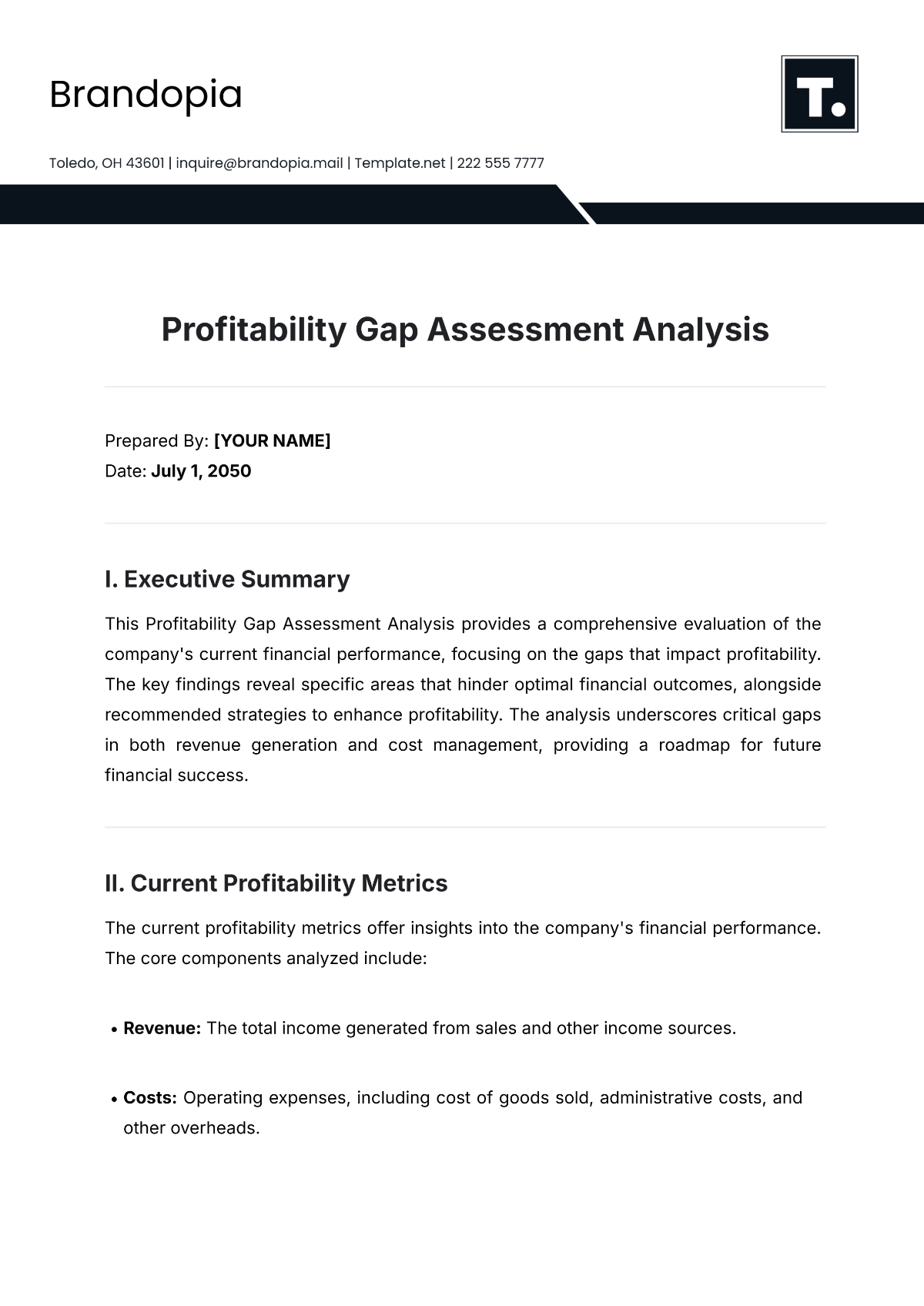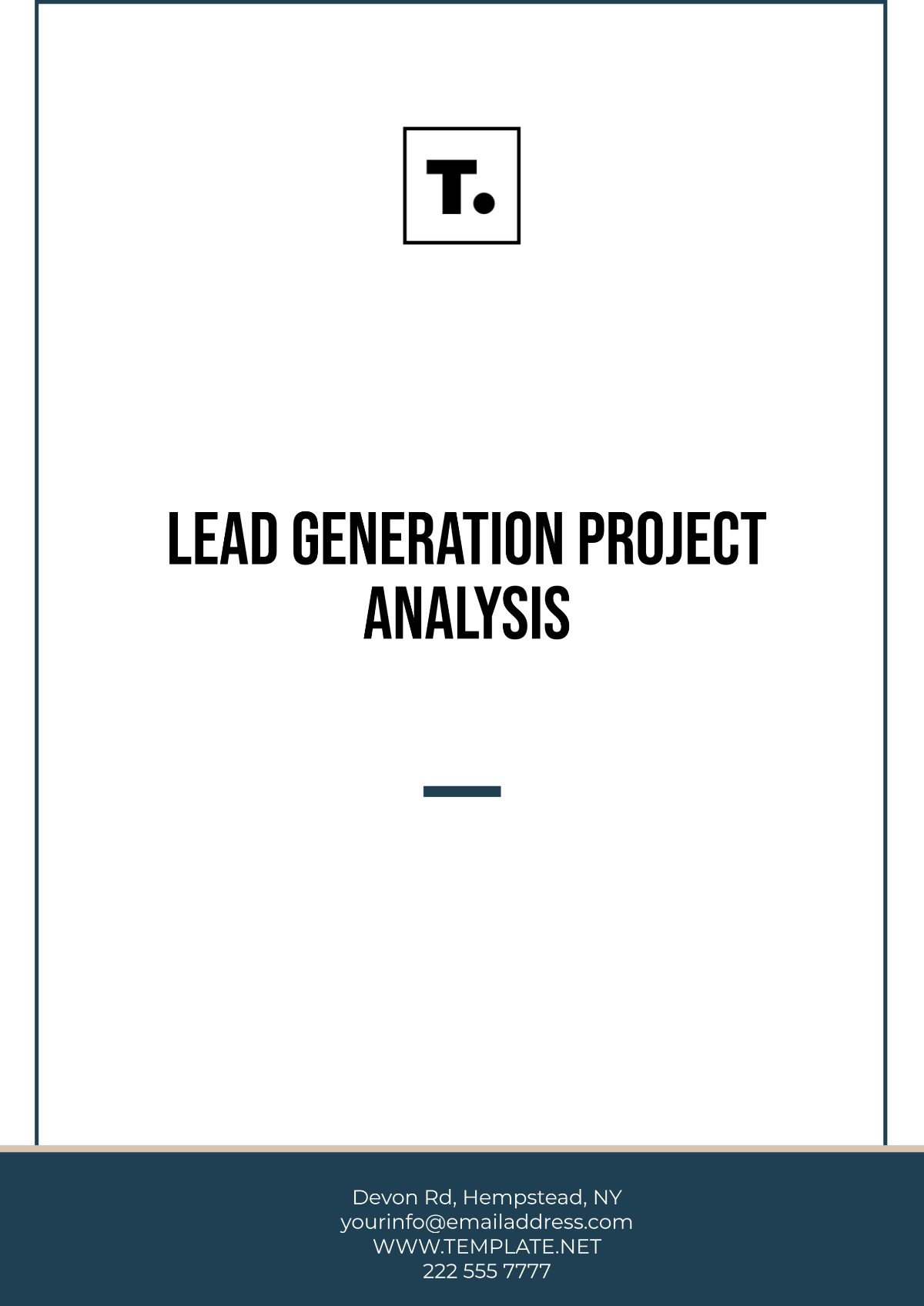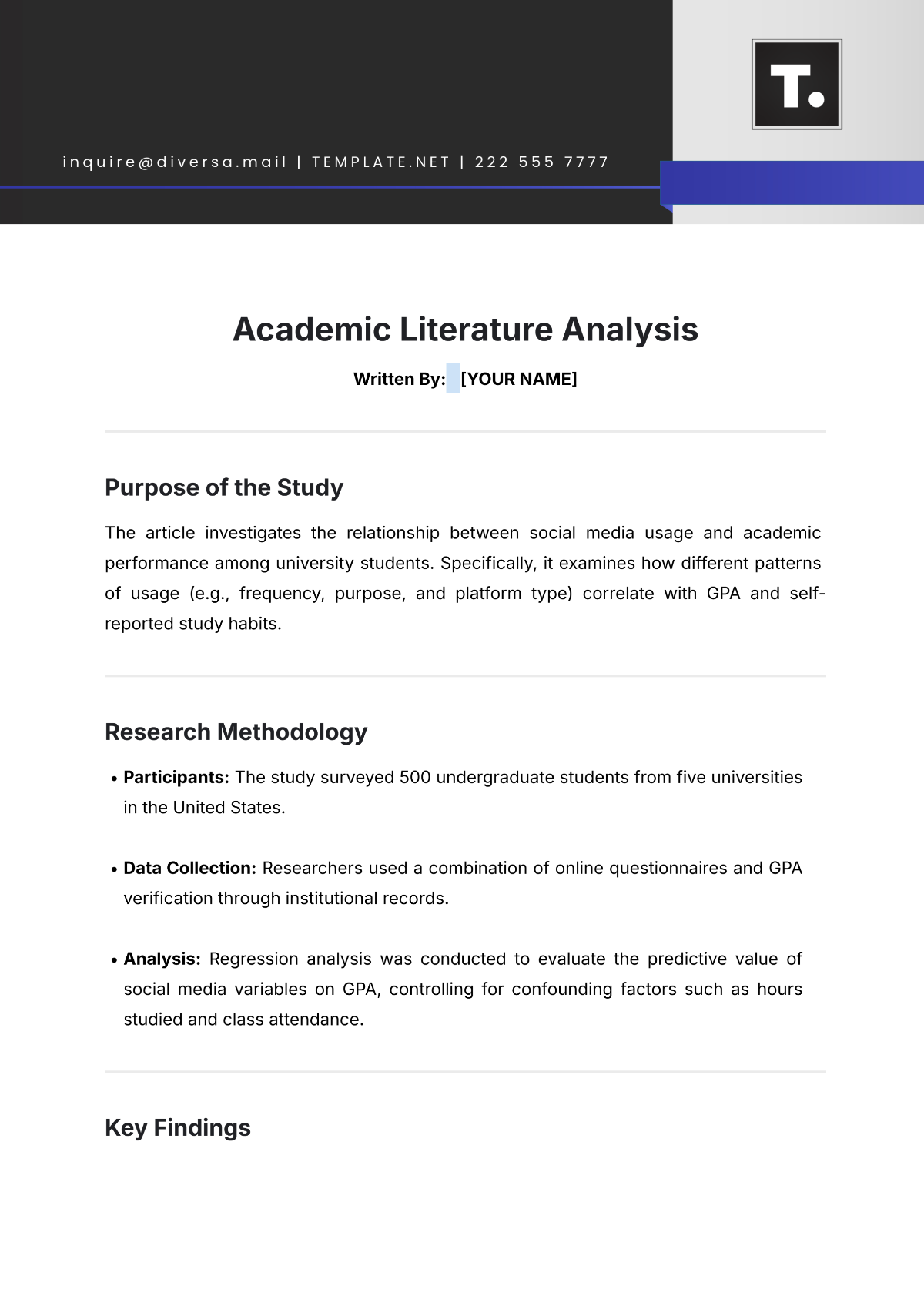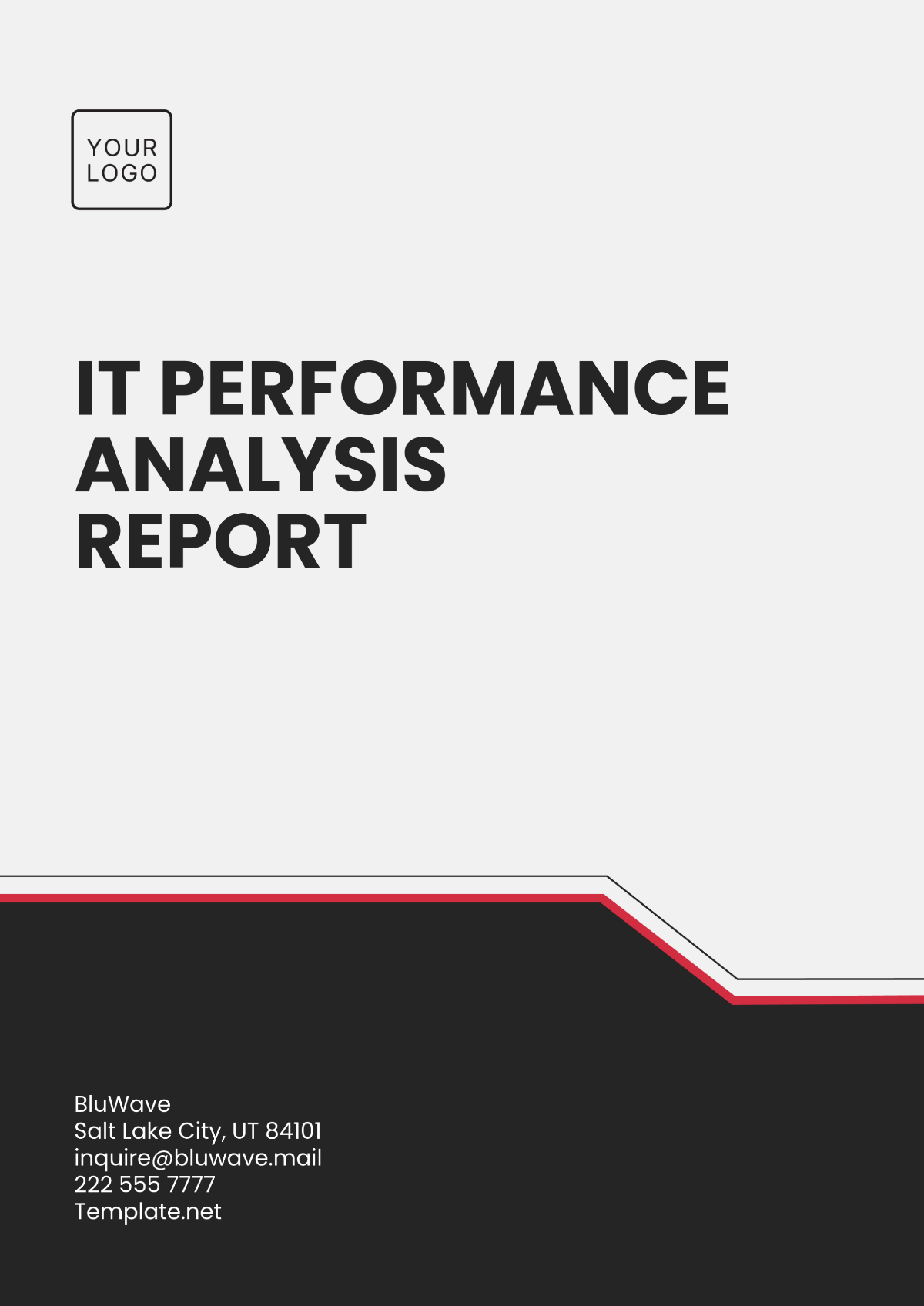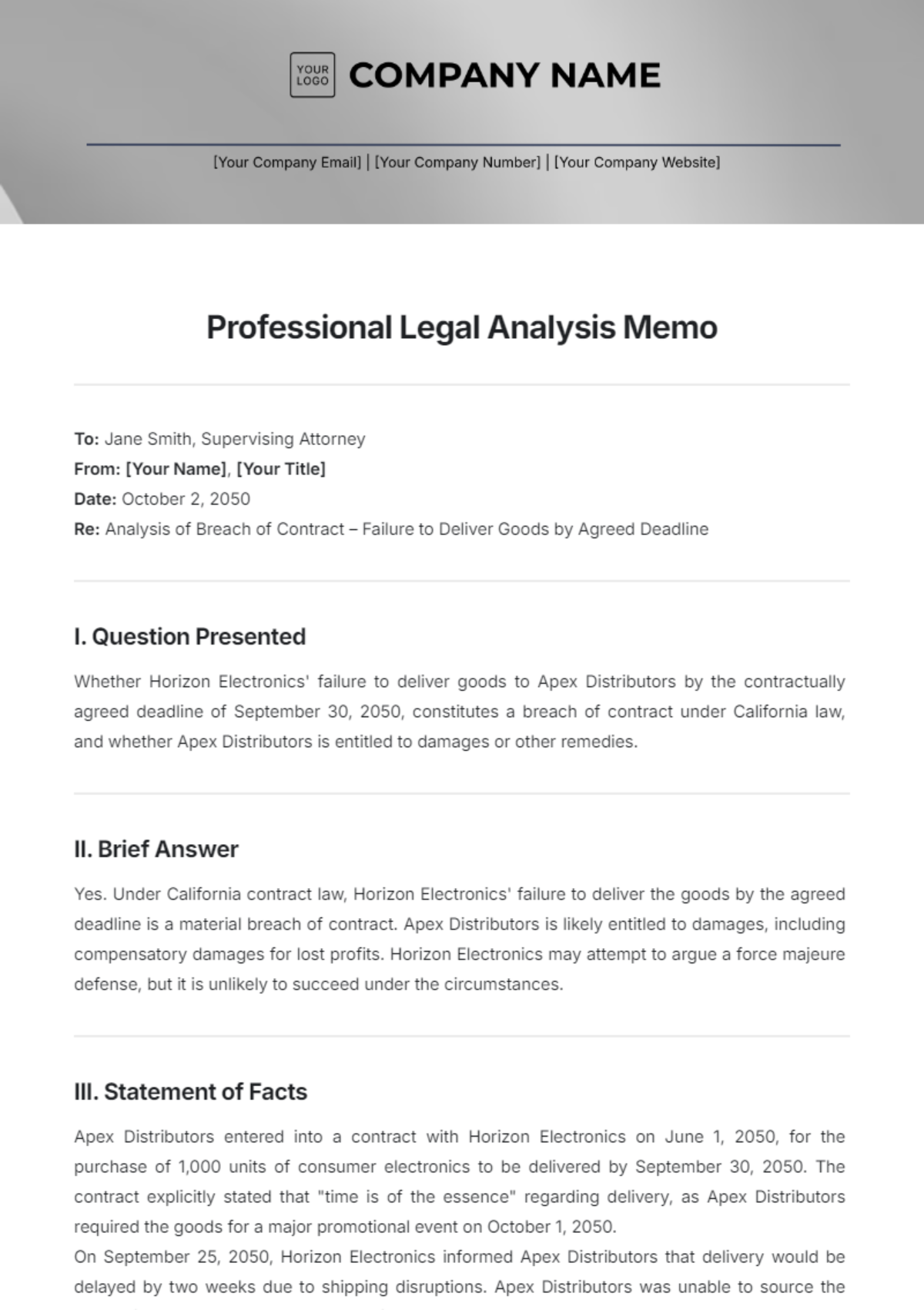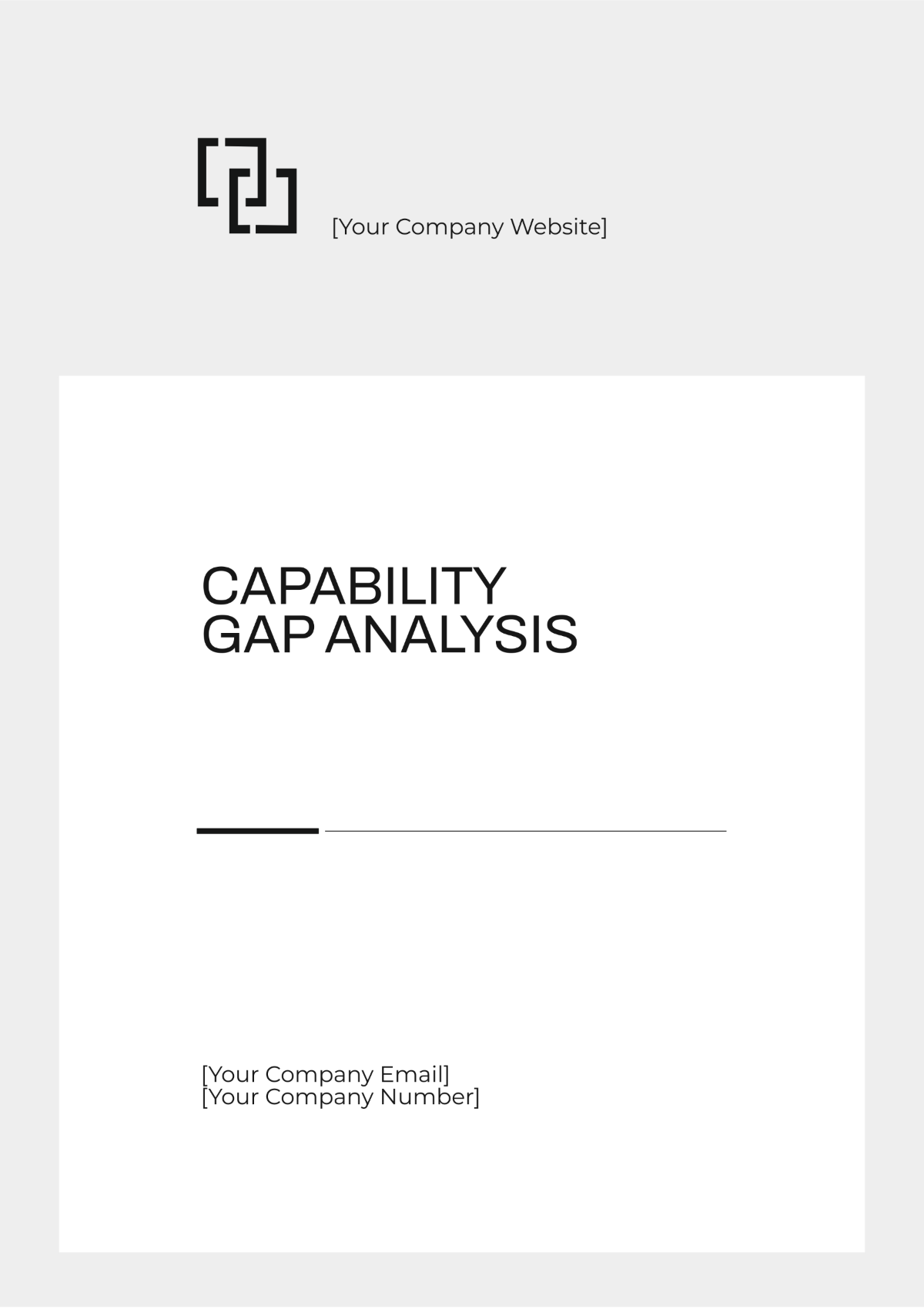Learning Outcomes Gap Analysis
Prepared By: [YOUR NAME]
Date: October 1, 2050
I. Current Learning Outcomes
The current learning outcomes are foundational goals aimed at equipping learners with essential knowledge and skills. These outcomes are designed based on the existing curriculum framework, which focuses on specific competencies such as critical thinking, problem-solving, and basic digital literacy. Assessments and evaluations typically gauge understanding through standardized tests, projects, and class participation.
Table: Existing Learning Goals
Competency | Description |
|---|---|
Critical Thinking | Ability to analyze and evaluate arguments and evidence. |
Problem-Solving | Capability to identify problems and develop effective solutions. |
Digital Literacy | Basic understanding of digital tools and applications. |
II. Desired Learning Outcomes
The desired learning outcomes encompass an expanded scope of competencies that align with industry and academic standards. These include advanced skills such as innovation, leadership, and cross-disciplinary collaboration. The intent is to prepare learners for dynamic challenges and equip them with the ability to adapt in various professional environments.
List of Target Competencies:
Advanced Critical Thinking and Innovation
Leadership and Ethical Decision-Making
Cross-Disciplinary Collaboration
Advanced Digital Proficiency and Cybersecurity Awareness
III. Gap Identification
Upon analysis, it is evident that there are significant discrepancies between the current and desired learning outcomes. While foundational skills are adequately covered, there is a notable deficiency in advanced competencies such as innovation and cross-disciplinary collaboration. Stakeholder feedback suggests the need for improved learner preparedness for contemporary challenges.
Table: Gap Analysis Summary
Current Competency | Desired Competency | Gap Description |
|---|---|---|
Basic Critical Thinking | Advanced Critical Thinking and Innovation | Lack of emphasis on creative solutions and innovative thinking. |
Digital Literacy | Advanced Digital Proficiency and Cybersecurity Awareness | Insufficient depth in digital skills and emerging technology trends. |
IV. Causes of Gaps
The identified gaps stem from multiple factors, including:
Curriculum Design: Limited incorporation of modern competencies and interdisciplinary approaches in the syllabus.
Teaching Methods: Predominant reliance on traditional lecture-based delivery, which limits interactive and experiential learning opportunities.
Learner Engagement: Diminished motivation and engagement due to a lack of relevance to real-world applications.
Resource Constraints: Insufficient access to updated technology and learning resources, hampering advanced skill development.
V. Recommendations
Addressing these gaps requires strategic interventions and enhancements to the current educational approach. Recommended strategies include:
Curriculum Revision: Integrate advanced skills, interdisciplinary topics, and real-world scenarios into the curriculum.
Innovative Teaching Methods: Foster experiential learning with project-based assignments and collaborative tasks.
Professional Development: Provide ongoing training for educators to adopt new pedagogic strategies and utilize technology effectively.
Enhanced Resources: Invest in updated technology, digital tools, and learning materials to support advanced competencies.
VI. Action Plan
The action plan outlines a clear road map for implementation, incorporating timelines and responsibilities. Key steps include:
Table: Implementation Roadmap
Action Step | Timeline | Responsible Parties |
|---|---|---|
Curriculum Overhaul and Approval | 6 months | Academic Board, Curriculum Developers |
Training Workshops for Educators | 3 months | Human Resources, Educational Consultants |
Resource Acquisition and Deployment | 4 months | IT Department, Library Services |
Implementation and Monitoring | Ongoing | Program Coordinators, Quality Assurance Teams |
